The prestigious “Oscars” of the science, engineering and technology (SET) world took place on 21 July 2022. This, the 24th celebration of South African science, ingenuity, and innovation, is a shining light at a time when the world needs far more good news. The success stories that define this year’s Awards stand out for many reasons, but perhaps the most powerful is how they all showcase how science can play a significant role in driving sustainable development, improving quality of life, and connecting people and communities.
This inspired the adoption of the special theme for the awards in 2022 — the International theme of the year, proclaimed by the United Nations: Basic Sciences for Sustainable Development — and the Special Annual Theme Award for someone who has achieved impressive work in this space. About all the Awards finalists, Jansie Niehaus, Executive Director of the National Science and Technology Forum (NSTF), explains: “The basic sciences are not always in the public eye as they happen on computers, in people’s minds and in universities, and yet they are incredibly important for all scientific, engineering and technological developments.”
The basic sciences form the building blocks for applied sciences, which are the rockstars often seen in public, and are often overshadowed as a result. “Scientists working in the basic sciences work extremely hard, (as do scientists in applied fields) for years, even over a lifetime, and devote themselves to their work,” says Niehaus. “The achievements in basic sciences deserve recognition and it’s a privilege to give a Special Award in this regard. We look at how all the award winners, including this one, have contributed to solutions that are immensely relevant to South Africa and often play a role in solving problems and transforming communities.”
The NSTF-South32 Awards not only reflect South Africa’s scientific achievements, but a positive transformation in the sciences as a whole. The finalists are people who have been seminal in their fields and transformative in their approaches.
The NSTF is the non-profit stakeholder body for all science, engineering, technology (SET) and innovation organisations in South Africa. Representing SET as a single body, it is an independent, collaborative platform that advances and embodies continued conversations around science.
The NSTF-South32 Awards 2022: The Winners
All awards are for an outstanding contribution to SET and innovation:
Lifetime Award
This Award recognises an outstanding achievement by an individual to SET and innovation in South Africa over a period of 15 years or more. This year Professor Shabir A. Madhi receives this well-earned accolade. He is the Dean: Faculty of Health Sciences, University of the Witwatersrand (Wits), the Professor of Vaccinology, School of Pathology, Wits, and the Director of the Wits and South African Medical Research Council Research Unit for Vaccines and Infectious Diseases Analytics. He has been at the cutting edge of research for life-saving vaccines since 1997 and led the first two COVID-19 vaccine trials in Africa.
Special Annual Theme Award: Basic Sciences for Sustainable Development
This Award is made in 2022 for an outstanding contribution to SET and innovation from research and development in the basic sciences for sustainable development. It was won by Professor Marianne Vanderschuren, Professor in Transport Planning and Engineering at the University of Cape Town (UCT), for her research into transport improvements for vulnerable road users that have saved more than 5 000 lives since 2009.
Science Communication Award
This Award recognises a communicator who has made a substantial impact on public awareness of SET. This year it is awarded to Dr Nnditshedzeni Eric Maluta, Coordinator at the Vuwani Science Resource Centre and HoD Physics at the University of Venda (Univen). He was instrumental in developing the Vuwani Resource Centre in the Vhembe district that focuses on education outreach programmes to previously disadvantaged people.
Non-Governmental Organisation (NGO) Award
Celebrating an exceptional contribution to SET from a non-governmental or non-profit organisation, this year the Award was won by CodeMakers for its dedication to developing the scientists of the future. The company started in 2015 as an NGO to bring the hands-on approach to science education and has grown in reach and impact ever since.
Awards for Innovation and Research and/or Development: Small, Medium or Micro Enterprise (SMME)
Over the past 10 years, Dr Jacobus Swanepoel and Thermtron Scientific CC have transitioned multiple mineral-processing and green technologies through all innovation stages, from laboratory through to pilots to commercially viable projects. The work done by this SMME has played a significant role in generating revenue and opportunities for the South African economy.
Awards for Innovation and Research and/or Development: Corporate Organisation
The Mining Positron Emission Technology (MinPET) project draws on nuclear and medical technology to find diamonds inside kimberlite rock, and is an online sensor-based detection process. Professor Simon Connell’s participation (for South Africa) in the ATLAS Experiment at CERN led to this innovation. Team Leader: Prof Simon Connell; and Department of Mechanical Engineering Science, Faculty of Engineering and Built Environment, University of Johannesburg (UJ).
Data for Research Award
This year, the Data for Research Award goes to a team of science “rockstars” at the Network for Genomics Surveillance in South Africa (NGS-SA) for their ground-breaking work with SARS-CoV-2. The team consists of virologists, scientists, bioinformaticians and clinicians and is responsible for the discovery of both the Beta and Omicron variants of the virus.
NSTF-Water Research Commission Award
This year, Professor Evans Chirwa won the NSTF-Water Research Commission Award for his work in the use of biological analogues in advanced water treatment and water recovery. His latest contribution was in the treatment of organic pollutants using synthesised photocatalytic nanomaterials.
Green Economy Award
Recognising an impressive contribution to SET in SA towards achieving biodiversity conservation, environmental sustainability and a greener economy, this Award was made to Distinguished Professor Guy Franklin Midgley, Head of the Global Change Biology Group, for his contribution to the understanding of the risks of climate change to endemic biodiversity and ecosystems.
Engineering Research Capacity Development Awards
Professor Sehliselo Ndlovu received this award for her remarkable work as a hydrometallurgical engineer, focused on ensuring a sustainable future supply of metals through improved processes and capacity.
Professor Wellington Didibhuku Thwala received the award for his impressive work in the area of sustainable construction management, digitalisation, design error containment and leadership within the built environment.
Management Award
Dr Boitumelo Semete-Makokotlela, Chief Executive Officer of the South African Health Products Regulatory Authority (SAHPRA), won the NSTF Management Award for being pivotal in establishing the Innovation Hub’s Biotech Incubator. She was instrumental in authorising a number of COVID-19 diagnostic tests, vaccines and therapies to ensure the regulator was an enabler during the pandemic.
TW Kambule-NSTF Award: Researcher
Professor Tamiru Abiye, Full Professor of Hydrogeology at Wits, for being a dedicated water scientist who focused on building research capacity and solving community problems to attain sustainable development in South Africa.
TW Kambule-NSTF Award: Emerging Researcher
Dr Wynand Johan Goosen, Wellcome Trust Lecturer at Stellenbosch University (SU), won for taking a leadership role in South African research on the surveillance of zoonotic tuberculosis in domestic and wild animals.
Dr Banothile Makhubela, Senior Lecturer and Director: Research Centre for Synthesis and Catalysis at the University of Johannesburg (UJ), won for research into nano- and organometallic-catalysis directed towards green and sustainable chemical processes.
——————————————————————————————————————————————————————————————–
The cutting edge of vaccine research
The Lifetime Award Winner, Professor Shabir Madhi
The South African Medical Research Council (SAMRC) Pneumococcal Diseases Research Unit met its transformative match in Professor Shabir Madhi. Under his leadership, the unit moved from a primary focus on epidemiology and vaccines against Streptococcus pneumoniae, to a rebranded SAMRC/Wits (University of the Witwatersrand) Vaccines and Infectious Diseases Analytics Research Unit (Wits-VIDA) that is internationally recognised for research on vaccine-preventable diseases.
 Professor Shabir Madhi heads up the SAMRC/Wits Vaccines and Infectious Diseases Analytics (Wits-VIDA) Research Unit
Professor Shabir Madhi heads up the SAMRC/Wits Vaccines and Infectious Diseases Analytics (Wits-VIDA) Research Unit
The unit also expanded its research to other respiratory and enteric pathogens and evolved to include basic science research, clinical immunology of vaccine-preventable diseases, ongoing epidemiology studies across a range of diseases, and the clinical development of vaccines targeted at children, pregnant women, and, most recently, COVID-19.
“My research into preventable diseases and vaccines started in 1997 when I got involved in a programme that helps evaluate the pneumococcal conjugate vaccine,” says Madhi. “At the time, this was the largest clinical trial undertaken outside of North America and was targeted at children. The goal was to prevent the leading cause of under-five child mortality from any single organism.”
Madhi’s team enrolled about 40 000 children over a two-and-a-half-year period and provided the first evidence of the effectiveness of the vaccine in preventing new pneumococcal disease. After that, he went on to get involved in a number of vaccine studies that have contributed to World Health Organization (WHO) recommendations on the use of vaccines, particularly around the use and deployment in low- and middle-income countries.
“Another stand-out moment was our work on the rotavirus vaccine that targets the leading cause of deaths from diarrheal disease in children under the age of five,” says Madhi. “Again, it was the first study undertaken in a low-middle income country that demonstrated the value of the vaccine, reducing diarrheal disease.”
Before COVID-19 struck, Professor Madhi was focused on maternal vaccinations aimed at protecting both the mother and the foetus, as well as the infants in the first three to six months of life.
“Some of the first studies we did, once again leading on the global stage with research done in South Africa, included looking at vaccines in both pregnant women living with HIV and protecting against influenza,” he explains. “We demonstrated that you’re able to protect both the mothers and the babies from becoming infected and developing influenza by vaccinating the mothers.”
The professor’s unit was also involved in the first study on respiratory syncytial virus (*RSV) which is the most common cause of hospitalisation of children in high-income and low-middle income countries for lower respiratory illness. It is responsible for around 35-40% of children ending up in hospital, and usually within the first six months of their life. The team assumed a leading role in the first global study on the RSV vaccine in pregnant women and showed the potential of vaccination in protecting babies in the first six months of life. These three studies underscore some of the impressive strides that Madhi has made in his career, and yet they are only the tip of the proverbial iceberg.
“We are also recognised to be global leaders in another maternal immunisation study against Group B streptococcus (GBS), which is the leading bacterial cause of sepsis in the first three months of a child’s life, especially in high-income countries, as well as in low-income countries,” he says. “In fact, in high-income countries, GBS has become the leading cause of meningitis in children and most of that occurs in the first three months of life. It is also a leading cause of neonatal sepsis in lower-income countries, and especially in Africa. We’ve been working on the research to develop vaccines against GBS and we’ve recently completed the first global studies in pregnant women with and without HIV.”
Then COVID-19 entered the picture and it’s very easy to see why Professor Madhi and Wits-VIDA turned their focus towards this new virus. It made sense to make this shift, particularly considering that the research he’d been engaged with had largely been focused on respiratory pathogens.
“Using our experience from the past 27 years, we transitioned to undertaking the first COVID-19 studies on the African continent including the AstraZeneca vaccine, which is currently the most widely-used vaccine against COVID-19,” explains Madhi. “We did the studies around this vaccine and the Novavax vaccine and it gave us the insights we needed to recalibrate our expectations around COVID-19 vaccines. Over the past 18 months, we’ve uncovered that the virus has developed antibody evasiveness and none of the vaccines provide sustainable protection against mild to moderate COVID-19 as a result.”
The research also found that the vaccine protectiveness diminishes over time due to mutations and the waning of the antibody. So, the studies were critical in laying out the COVID-19 scenario and making tangible plans for the future of vaccines globally.
Professor Madhi is awarded the Lifetime Award because of his level of expertise and impactful innovation in his professional repertoire, but this just scratches the surface of the work he’s done and his commitment to this unit and its research. Around 95% of Wits-VIDA research funding, which totals around R1.5-billion between 2014 and 2022, is from grants and other self-initiated research activities — all led by Madhi. The grant funding allows for the employment of 500 staff that include research assistants, nurses, doctors, scientists, data analysts and statisticians. The research scope is strengthened even further by using the platform as a training ground for postgraduate students, with a focus on PhD and clinician scientists.
The research unit is located in dedicated facilities at the Chris Hani Baragwanath Academic Hospital and includes clinical space for vaccine studies, with Wits-VIDA having established itself as a premier research unit in the field of phase I-IV vaccine trials. Over the past 27 years, the unit has also established a fully-fledged immunology, microbiology and molecular assays laboratory. Although Wits-VIDA has an extensive network of collaborators globally, these collaborations are underpinned with Wits-VIDA being lead partners on most of the studies and generally enabling the growth of research in South Africa.
All of the research highlighted above was led by Professor Madhi, and undertaken exclusively in South Africa. The clinical trials included grant-funded pivotal studies and Madhi took on a strategic role with industry partners to drive other vaccine studies, as he’s recognised as an expert in the field.
Professor Madhi has taken his passion and commitment to changing vaccine outcomes and saving lives to the next level with his work. The NSTF-South32 Lifetime Award is a well-earned crown on his extensive work, the transformative impact he has had on South Africa’s public health and his ongoing dedication.
— Tamsin Oxford
——————————————————————————————————————————————————————————————
NSTF-South32 Awards 2022 Winner Special Annual Theme Award
On the road to improved transport safety
South Africa desperately requires a safe, secure, accessible and sustainable transport system. Using modelling, project assessment and tailor-made decision support tools, professor Marianne Vanderschuren’s research focuses on transport improvements for vulnerable road users, resulting in more than 5 000 lives being saved since 2009.
 Professor Marianne Vanderschuren, Deputy Dean for Transformation and Social Responsiveness at the University of Cape Town’s Department of Civil Engineering
Professor Marianne Vanderschuren, Deputy Dean for Transformation and Social Responsiveness at the University of Cape Town’s Department of Civil Engineering
Professor Vanderschuren is an international leader in her field, and her considerable research outputs and capacity development initiatives have been recognised by her election as a Fellow of the South African Institution of Civil Engineering (SAICE), as a Fellow of the Institution of Civil Engineers UK (one of 63 in Africa) and by the DSI-NRF/CSIR Smart Mobility Research Chair award. For 2022, she was appointed President of SAICE.
She holds a PhD in intelligent transport systems and an MSc in systems engineering and policy analysis, both from universities in the Netherlands. She is the University of Cape Town (UCT) Department of Civil Engineering’s only female full professor, and is the faculty’s Deputy Dean for Transformation and Social Responsiveness.
“Road fatalities cost South African society more than R142-billion each year, which is 3.8% of the country’s GDP,” she explains. “Up to 60% of those fatalities are among the country’s most vulnerable road users — pedestrians. My research in the Western Cape and around the country seeks to understand the causes of road fatalities, and to identify ways to reduce them.”
Vanderschuren uses a unique combination of (big) data collection and analysis, macroscopic and mesoscopic modelling, assessment tool development and applications, as well as policy development and analysis to reduce the transport system externalities. Her research outputs include 28 journal papers, eight books, 16 book chapters, 68 peer-reviewed conference papers, and numerous other reports and publications.
She has also done ground-breaking work on personal security for women who use public transport, with other successful projects including research into cyclists and passing behaviour, a strategic model assessment for sustainable rail transport that saved R75-million for the Western Cape Department of Transport and Public Works, and the Walkability app, which gathers information on the state of infrastructure, perceived road safety and personal security.
Vanderschuren is part of a consortium exploring sexual harassment in Africa’s public transport systems. The project will deliver a decision support tool that provides implementation pathways for five types of stakeholders (public authorities, policymakers, enforcement agencies, transport authorities, and non-governmental organisations) that is unique in the world.
She has also contributed to the management and growth in output of the Civil Engineering Department and Faculty of Engineering and the Built Environment at UCT, where she directly mentors six (academic) staff members. — Kerry Haggard
——————————————————————————————————————————————————————————————
Researcher Award Winner Tamiru Abiye
About three decades ago, hydrogeologist Tamiru Abiye identified the lack of properly qualified surface water and groundwater scientists to solve community-related water problems. Since then, his work has focused on building research capacity to address water scarcity in South Africa.
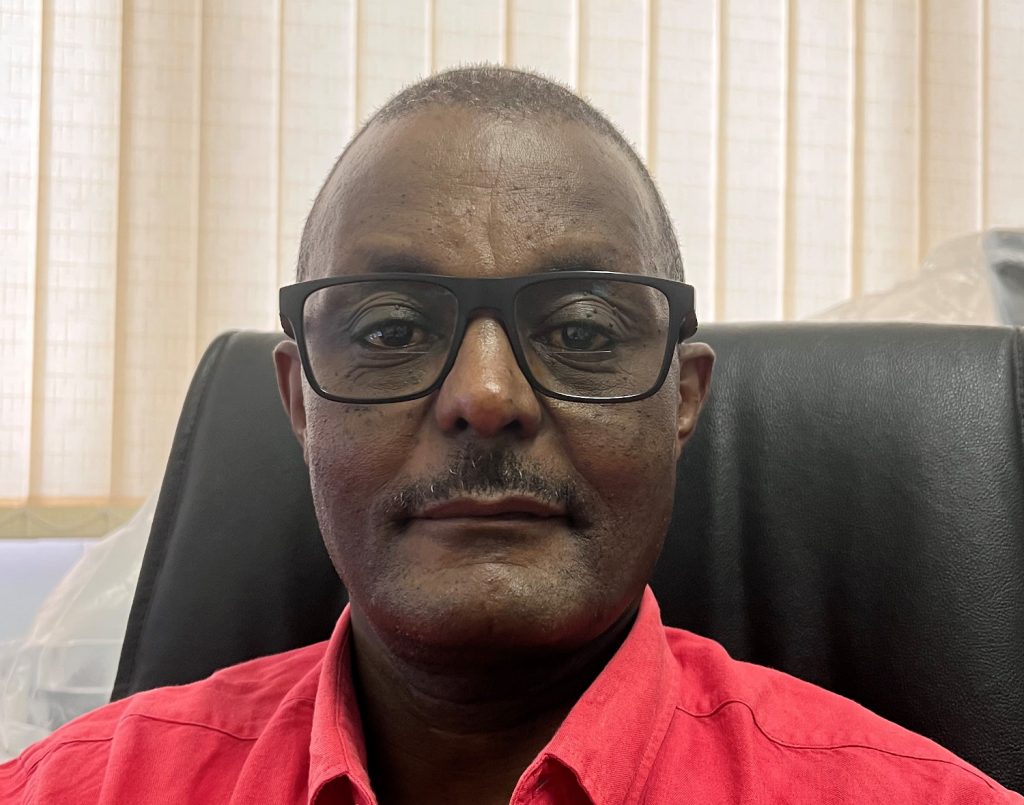
Wits Hydrogeologist Tamiru Abiye
“The scarcity of research-oriented training to alleviate water shortages is a chronic problem, including in government departments, and this affects policy development and management of water supply at local, regional and national levels,” he says. Abiye set about developing the necessary curriculum and laboratory infrastructure at the University of the Witwatersrand (Wits), launching the MSc programme in Hydrogeology in 2015, where he is now Professor. This attracts research-oriented postgraduate students who can contribute to knowledge-based responses to water security. As co-ordinator of the programme, Abiye is intent on “filling the national need for trained water research scientists, so that water-supply authorities, the agricultural sector and mining companies are able to manage their resources more wisely”.
Ground-breaking research projects have been undertaken in the programme, including work that has identified carcinogenic radionuclides and toxic metals in groundwater used by communities in gold and coal mining areas. Researchers have screened emerging contaminants in rivers and shallow groundwater which revealed pharmaceuticals and microplastics. Their research has also identified sources of lung cancer-causing radon in radioactive-rich water from mines, and mapped chlorophyll levels and nutrient pollution in the Vaal and Hartbeespoort Dams using drones.
According to Abiye, the biggest threats to water security in South Africa today are climate change, water pollution and an increase in water demand by population, industry, agriculture and mining. “Therefore, a coordinated and knowledge-based response is necessary. This has to be led by qualified water (surface water and groundwater) professionals, which is why my focus is on building human capacity with a strong research capability to deal with these issues,” he says. Along with producing numerous MSc and PhD graduates in the field of water science, Abiye’s work has resulted in national and global collaborative research towards solutions for community water pollution and hundreds of scientific publications.
The urgency of the work is clear for Abiye: “My background, as a person from a rural, water-stressed setting who grew up in poverty, gives me a unique perspective on humanity’s most pressing problem — securing water in the face of population, industrial, climate change and pandemic pressures. This is why I strive to solve water supply and management problems through the training of qualified water professionals. Without the proper knowledge, there is no country that achieves sustainable development,” he says. — Elaine Williams
——————————————————————————————————————————————————————————————
NSTF-South32 Awards 2022 – Emerging Researcher Winner
Keeping tabs on TB – and stopping interspecies transmission
Diseases moving from animals to humans are more than fodder for thriller-movie plots – it’s a reality that Dr Wynand Goosen of Stellenbosch University continues to research. Known as zoonotic pathogens, these simple organisms are the subject of his future goal: to establish a TB One Health intradisciplinary South African research group that will seek to better understand, detect and describe how they are able to transmit between the environment, humans, livestock and wildlife.
 Dr Wynand Goosen, Biomedical Sciences, Stellenbosch University
Dr Wynand Goosen, Biomedical Sciences, Stellenbosch University
As Wellcome Trust Lecturer at the DSI/NRF Centre of Excellence for Biomedical TB Research’s Animal Tuberculosis Group, in the Division of Molecular Biology and Human Genetics at the university’s Department of Biomedical Sciences, Dr Goosen leads numerous projects to development: tests able to measure unique blood immunological markers, detect the presence of TB DNA in dirty respiratory samples and improve TB sequencing directly from such samples.
Having started his research career as the Animal Tuberculosis Group’s first Honours student in 2012, he now leads South African research on the surveillance of zoonotic tuberculosis (TB) in domestic- and wild animals as potential sources of spillover infections in susceptible people in rural areas. He identified a novel blood marker associated with early TB infection, detected TB DNA in respiratory samples with high sensitivity, and successfully sequenced TB amidst various inhibitors.
“South Africa is highly prevalent for M. tuberculosis (known generally as TB), HIV, diabetes, and more recently, lung disease caused by SARS-CoV2,” Goosen explains. “This makes the human population more susceptible to infection by spillover of zoonotic animal (livestock and wildlife) adapted- and environmental Mycobacteria spp.
“Existing diagnostic tools cannot distinguish between these different infections. This is concerning since many of the animal and environmental strains are naturally resistant to numerous widely used antibiotics for treatment of tuberculosis. The tools I have designed enable society to identify, distinguish and understand these infections better in their preferred and opportunistic hosts, leading to improved public health.”
Goosen adds that some of the standout moments in his work have been how researchers, veterinarians, medical doctors, policy makers, wildlife managers and animal owners have worked together to address the devastating impact of tuberculosis in all potential hosts by improving research methods, collaborating on surveillance, and sharing expertise.
“Funding for our TB One Health project remains a challenge, as does government red tape, wildlife species-specific laboratory reagents, and support for students from government,” he says. “However, we have received generous funding from interested parties like the South African Medical Research Council and the Wellcome Foundation, who understand the importance of this research for animals and humans.” — Kerry Haggard
——————————————————————————————————————————————————————————————
NSTF-South32 Awards 2022 – Winner – Emerging researcher award
Upcycling waste into repurposed value
As a Senior Lecturer and Director of the Research Centre for Synthesis and Catalysis at the University of Johannesburg’s Department of Chemical Sciences, Dr Banothile Makhubela chose her career path because she wanted to be part of defining chemistry in the age of concern about sustainability. She wished to push frontiers and unlock new opportunities for the sustainable production and use of chemicals.
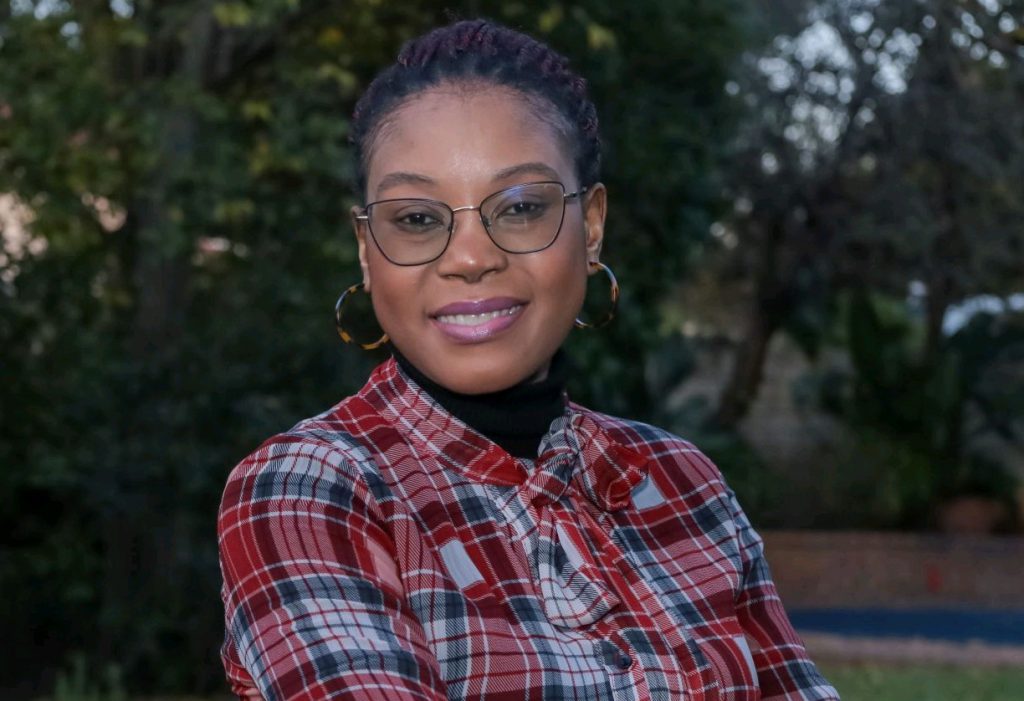 Dr Banothile Makhubela, Department of Chemical Sciences, University of Johannesburg
Dr Banothile Makhubela, Department of Chemical Sciences, University of Johannesburg
Her research applies nano- and organometallic-catalysts to convert waste materials such as lignocellulose and carbon dioxide into sustainable chemicals and fuels. Chemical computations are used to understand how carbon dioxide and cellulose feedstocks interact with catalysts while being transformed, providing insights that ultimately support precise, wasteless chemical processes that enhance product yields.
This research —which touches on catalytic materials design, novel synthetic methodologies and reaction engineering — allows access to sustainable commodity chemicals and fuels prepared using inexpensive, widely accessible feedstocks that otherwise would cause environmental pollution. Thus, waste is chemically upcycled and repurposed to value.
“Through my research, and my students’ work, I hope to demonstrate to manufacturing industries that produce or use chemicals that it’s still possible to improve waste management, and contribute to profitability while doing so,” she says. “For decades, the world’s energy and chemical demand has been met by fossil-based feedstock that’s processed in unsustainable ways. We want to find more sustainable approaches through renewable alternatives, for meeting liquid fuel and chemical demands.”
For example, one of the products emerging from her research is FuraLev, a sustainable chemical technology that produces levulinic acid, which is used in a variety of applications such as resins, medical imaging and textiles.
Waste biomass feedstock, in the form of kraft pulp liquor from Sappi, sugarcane bagasse from Tongaat Hulett and Illovo, citrus peels from Onderberg and corn cobs from GrainSA, are used to produce furfural from which levulinic acid can be made. This waste biomass is widely available locally and signs are that it will be available at around R100 to R150 per tonne. At 60-65% yield of furfural from waste biomass, and 70-80% yield of levulinic acid from furfural, preliminary feasibility studies indicate a competitive production cost for levulinic acid. This can feed a market that’s expected to generate $34-million by 2024.
Highlights of Makhubela’s career include seeing the postgraduate students she mentored go on to make meaningful contributions in their careers, as well as the significant discoveries they have made together.
“Working in a highly demanding research environment makes it challenging to achieve work-life balance,” she says. “One of our other challenges is securing sustained funding so that we can make meaningful contributions through our research. With South Africa being the largest emitter of greenhouse gases in Africa, thanks to electricity generation and synthetic fuels, the country is certainly in need of practical solutions to its carbon dioxide problem, and there are significant opportunities for us to find ways to address these.” — Kerry Haggard
——————————————————————————————————————————————————————————————
NSTF-South32 Awards 2022 Winner – Management Award
Staring a pandemic down … and winning
Imagine embarking on the role of CEO of a country’s health products regulatory authority, and taking office just a couple of months before a global pandemic struck? That was the challenge placed before Dr Boitumelo Semete-Makokotlela, who joined the South African Health Products Regulatory Authority (SAHPRA) in January 2020.
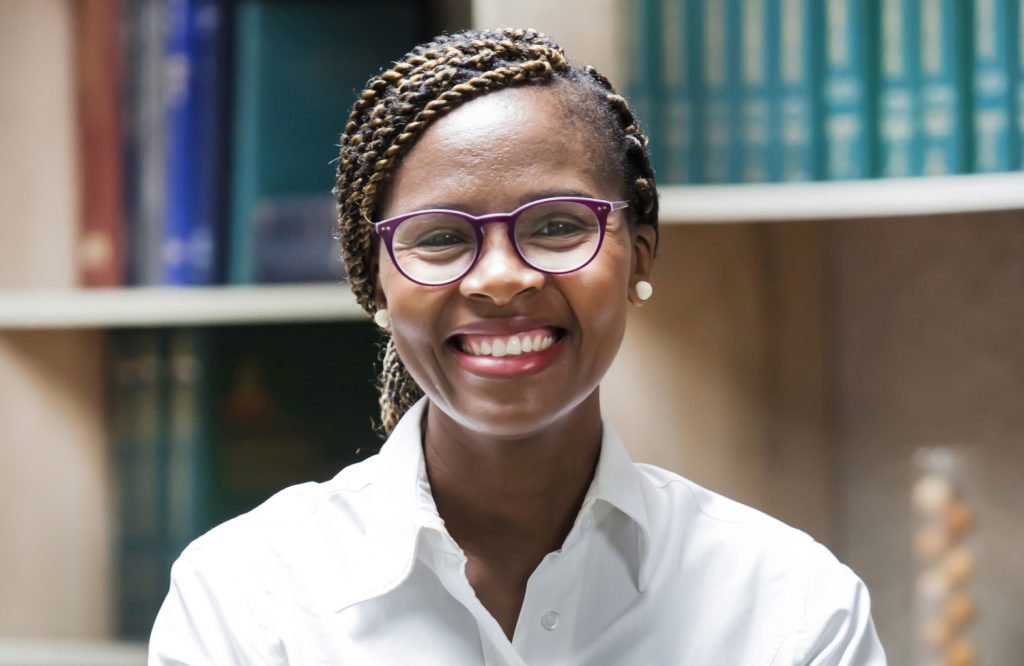 Dr Boitumelo Semete-Makokotlela, head of the South African Health Products Regulatory Authority (SAHPRA)
Dr Boitumelo Semete-Makokotlela, head of the South African Health Products Regulatory Authority (SAHPRA)
“I had to remain calm amid all the storms and had to learn to become comfortable making decisions based on the facts I had at the time — mindful that the rate of new information available changed daily in the early days of the pandemic,” she says. “I leaned on the resilience I had learned in my efforts as an amateur triathlete, knowing well that I had to keep going and remain resolute on decisions made, despite threats and attacks from political parties and civil society, both professionally and personally,” explains Semete-Makokotlela.
Testament to her drive and passion for getting technologies to the public, Semete-Makokotlela, as the head of SAHPRA, successfully led the authorisation of several COVID-19 diagnostic tests, vaccines and therapies to ensure that the regulator was an enabler.
To be able to implement these tests expeditiously, she had to champion collaboration with other regulators across the globe, such as the US Food and Drug Administration (FDA), the European Medicines Agency, Health Canada, the Namibian Authority and the Ghana Food and Drug Authority (FDA), to name but a few. A partnership with the World Health Organization (WHO) was also critical in bringing best practices to the execution of regulatory oversight for the COVID-19-related health products.
She also had to champion the development of an emergency use authorisation mechanism for the public health emergency, which was not available at the time. Furthermore, collaborations with local academic institutions and others such as the National Health Laboratory Service (NHLS), the National Institute for Communicable Diseases (NICD) and the South African Medical Research Council (SAMRC) highly benefited due to the efforts of SAHPRA. Her ability to network and lead collaborations enabled SAHPRA to access these relationships with the urgency required.
Capacity building is at the heart of Semete-Makokotlela’s efforts, as she believes in empowering the next generation of future leaders. She has championed the appointment of younger external evaluators to support SAHPRA’s regulatory processes, and in 2020, SAHPRA appointed 32 new young external evaluators from various institutions, as well as re-appointing 106 evaluators.
Moreover, there was a strong focus on appointing black and female external evaluators. In 2021, together with other stakeholders, Semete-Makokotlela implemented a regulatory clinical assessor training with faculty members from across the world. This programme was not limited to SAHPRA but included assessors from the Medicines Control Authority of Zimbabwe and the Ghana FDA.
Before joining SAHPRA, Semete-Makokotlela was at the pinnacle of the establishment of the Council for Scientific and Industrial Research’s (CSIR’s) Innovation Hub’s Biotech Incubator, which housed and supported approximately 50 biotech companies. — Kerry Haggard
——————————————————————————————————————————————————————————————
NSTF-Engineering Research Capacity Development Award
Investing in the backbone of society
The Engineering Research Capacity Development Award recognises achievement by an individual over five to 10 years in the fields of science, engineering and technology (SET). This award focuses on furthering research and engineering and capacity development of students. This year Professor Sehliselo Ndlovu was nominated for her work in the area of hydrometallurgical research. Her list of achievements is impressive, spanning the establishment of world-class research facilities that are extensively used for research and training of postgraduate students and contributes to knowledge creation and human capacity development in the field of hydrometallurgy in the country.
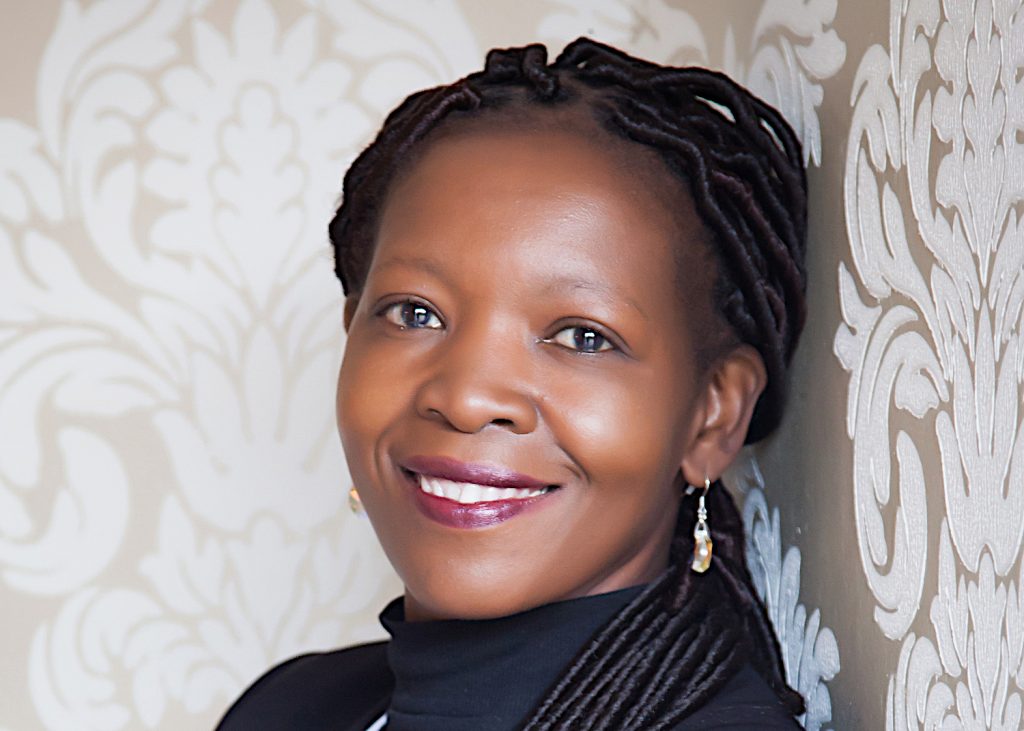 Professor Sehliselo Ndlovu, hydrometallurgy, Wits University
Professor Sehliselo Ndlovu, hydrometallurgy, Wits University
“Hydrometallurgy involves subjecting different minerals to different types of solutions to extract the metals more effectively and efficiently. My work involves the development of new processes and technologies to improve metal extraction,” says Ndlovu. “When I started out, there wasn’t a lot of research and training being done in hydrometallurgy at Wits considering that South Africa is a big mining country, I felt that there was a need to establish a research and training centre that can build skills and technology for the mining industry.”
Ndlovu identified a gap in the market and focused on developing capacity in the extractive metallurgy industry that involved research as well as training. She started off with a small startup fund provided by her department at Wits, one PhD student and a laboratory with minimal equipment. She undertook most of her early research using shared equipment with the University of Johannesburg and furthered her understanding of the industry through research and hands-on experience. Since then, she has raised more than R30-million in research funding from both the public and private sector to purchase and maintain research equipment, drive research activities and support research students.
The output of her research tends to align to the current and future needs of the local mineral extraction industry. The generated knowledge is shared through publications, at conferences, workshops and seminars. Furthermore, some of the research work has resulted in the development of novel approaches to metal extraction that have been patented for future commercialisation.
“We now have a large number of students working on different projects that focus on minerals and metals that are of interest to South Africa, such as gold, platinum and other critical metals. Most of the projects focus on improving the existing metal extraction processes and developing new ones in order to contribute to the extractive metallurgy industry,” concludes Ndlovu. “We’re also not doing the research for the sake of research or training for the sake of training — this is all focused on aiding capacity and the economy of the country while building up the next generation of CEOs and leaders within the sector.” — Tamsin Oxford
——————————————————————————————————————————————————————————————
NSTF-South32 Awards Engineering Research Capacity Development Award
Transforming sustainability in construction management
Professor Wellington Didibhuku Thwala received the Engineering Research Capacity Development Award. His research focuses on how design error containment and prevention through digitalisation in the built environment can improve infrastructure project performance and minimise cost overruns.
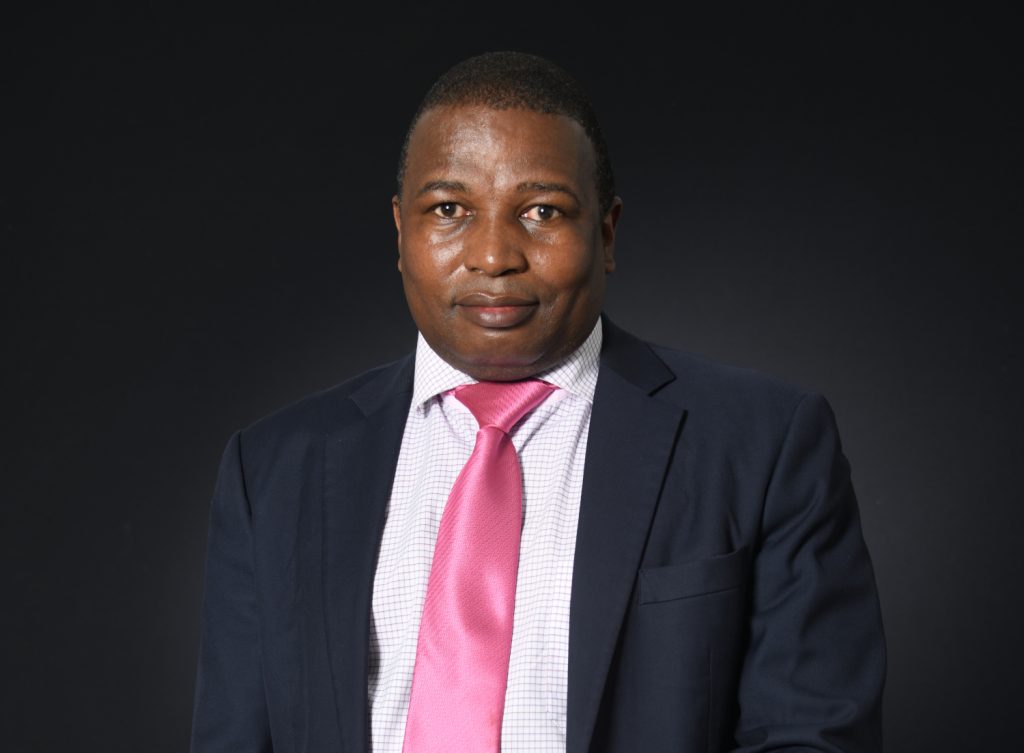 Professor Wellington Didibhuku Thwala, UNISA
Professor Wellington Didibhuku Thwala, UNISA
He is in the College of Science, Engineering and Technology (CSET)at UNISA and has shown remarkable commitment to the industry and the development of skills within it.
“I’ve trained and graduated more than 100 Master’s students to completion and am currently supervising more than 18 PhD students,” says Thwala. “I’ve also seen 43 PhD students to graduation, which really is fulfilling for me, and plays a role in building capacity in the sector.”
Professor Thwala’s work started out as a response to the challenges facing South Africa and the high levels of unemployment and poverty. For him, it was important to focus on research and development that would tangibly help the country to overcome these challenges. Five thematic areas became the basis of his research over the past 10 years and these included design error containment and prevention in infrastructure projects; integrated supply chain management for collaborative working in the construction industry; industry 4.0 and smart cities; health and safety in construction; and sustainable construction and employment creation.
“We really are focusing on sustainable construction and how digitalisation can improve this on multiple fronts,” says Thwala. “It can improve performance, mitigate design errors, and reduce budget overruns. We’ve been able to develop a design framework that helps projects on a very granular level to improve performance and costs.”
The research undertaken by Professor Thwala involves continuous incremental improvements over time and leverages data that has been collected on both the primary and secondary level. The research uses the combination of qualitative and quantitative methodologies and serves as an interdisciplinary research and information source for sustainable construction management and digitisation in the built environment.
It creates and leverages cutting-edge insights that improve issues that have a long-term impact on the South African built environment sector. — Tamsin Oxford
——————————————————————————————————————————————————————————————
NSTF-South32 Awards NGO Award Winner
Inspirational code for the next generation
White males in lab coats using instruments in a chemistry lab. That’s what most children imagine scientists to be. They’re perceived to be possibly mad, certainly socially awkward, with crazy hairstyles. These are some of the stereotypes that non-profit organisation CodeMakers are trying to correct with their SuperScientists programme.
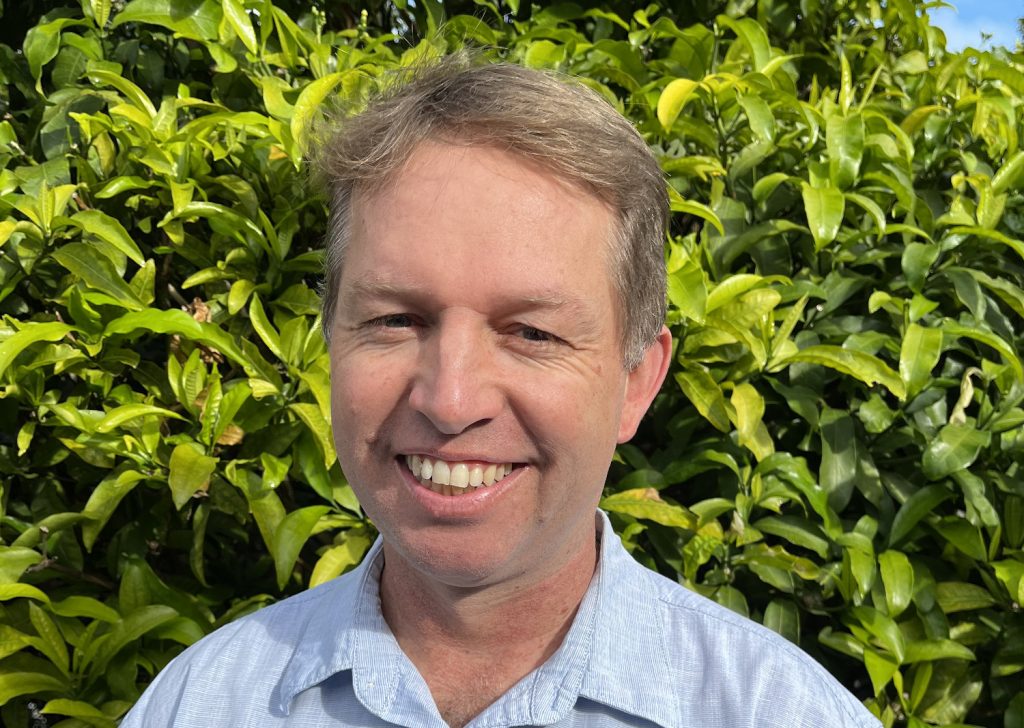 CodeMakers Executive Director, Dr Justin Yarrow
CodeMakers Executive Director, Dr Justin Yarrow
CodeMakers Executive Director Dr Justin Yarrow started SuperScientists in 2019, aware that children’s early experiences with science are important influences on their perception of science and of their own potential to become scientists. The initiative focuses on building positive science identities and so to foster interest or persistence in science, technology, engineering and mathematics.
SuperScientists creates materials for children that depict scientists as superheroes — activity books, calendars, cards and posters. In 2021, 15 000 cards, calendars and activity books were distributed to young people across South Africa. Many have been translated into isiZulu, and translation into more South African languages is planned if funding is received. “Having science education materials in a child’s mother tongue makes them more accessible, but more importantly it shows them that the ideas and questions that they have in their minds, in their own language, are ideas and questions that matter and can be answered. It brings them and their curiosity into the conversation of what science is and who can be scientists,” says Yarrow.
He says that the reaction to SuperScientists has been incredibly satisfying, beyond what he had imagined. “One of the scientists in the project spoke to a tearful person who told her that when she was growing up, she thought that only white men could be scientists, and that now with these materials she can show her children that anyone can be a scientist. We’ve heard from people that have said, ‘if only I had these when I was a kid, maybe I would be a scientist today.’ And at school visits we’ve seen learners excitedly comparing the characters they received with each other. It’s a very positive project and just great to see people enjoying it as much as they do.”
Current projects include efforts to further extend SuperScientists’ reach into under-resourced schools. They include a travelling exhibit that could reach children through science centres, libraries and malls. “This project was inspired in part by the trading cards that used to be given out at supermarkets, and it would be amazing to see scientist cards at supermarkets or spaza shops and reach kids in deep rural areas,” says Yarrow. — Elaine Williams
——————————————————————————————————————————————————————————————
NSTF-South32 Awards 2022 Winner – Innovations Award – Corporate
Adding sparkle to diamond mining challenges
Professor Simon Connell is the leader of the MinPET Research Group at the Department of Mechanical Engineering Science in the Faculty of Engineering and the Built Environment at the University of Johannesburg. His project focuses on applied nuclear and particle physics, diamond geology and diamond physics.
 Professor Simon Connell, Department of Mechanical Engineering Science, University of Johannesburg
Professor Simon Connell, Department of Mechanical Engineering Science, University of Johannesburg
Diamond mining is the most extreme example of a valuable mineral among large amounts of waste in the mining industry, with just a few grams of diamond extracted per 100 tonnes of kimberlite. The application of artificial intelligence, machine learning, digital twins and big data could shift the profitability and success of the industry.
The Mining Positron Emission Technology (MinPET) project draws on nuclear and medical technology to find diamonds inside kimberlite rock. Prof Connell participated in the ATLAS Experiment at CERN, and was spurred on by the research and technology transfer that resulted.
The project focuses on the intelligent sensor-based sorting of diamonds in kimberlite, which could have the capacity to detect diamonds in online sorting at a rate of 700 tonnes per hour, for kimberlite rock sizes up to 10cm, finding enclosed diamonds of down to 5mm.
MinPET has already been scrutinised through five due diligence studies and has attracted investors for further development. It can be added to existing mines or included in the design of new mines, used for preventing undesirable diamond breakages that diminish the value of the mined product, or to prevent the processing of barren material.
The business case valuation for investors for this project would be in billions of rands in 10 years, with income likely after just three years, should the solution be installed at just eight of the world’s 50 diamond mines.
The project’s value — apart from its potential impact on the diamond mining industry — has been significant, including student training through research, the development of high-end local experimentation infrastructure, the forging of strong relationships with venture capitalists and technology partners, and the patenting of intellectual property from publicly funded research in South Africa.
Professor Connell’s history and legacy in physics is remarkable. His research interests are in particle physics, nuclear physics, materials science, quantum physics, high performance computing, and applied (innovation) physics.
As part of his participation in the ATLAS Experiment at CERN, he is part of a team that searches for the force carrier particles associated with dark matter, along with multiple other research projects.
His inspiration is to partner with others to make a small contribution to building the strong acceptance of physics as relevant to innovation, and ultimately, wealth creation in Africa, along with inspiring others to study physics.
“Science is the engine of socioeconomic development, and I dream of a uniformly wealthy Africa, and for all the positive change that that will bring,” he says. “This project has benefited from the contributions by amazing colleagues, students, technology partners and business people. Especially recognising the youngsters, I’m confident that the future is in good hands.”
“This is only the beginning — there is so much more to come!” he promises.
— Kerry Haggard
——————————————————————————————————————————————————————————————
NSTF-South32 Awards 2022 – SMME Innovations Award – Winner – Dr Jacobus (Kokkie) Swanepoel
Innovation requires more than scientific-technical know-how — it also requires passion, vision and a good strong dose of determination. Dr Jacobus Swanepoel (known as Kokkie) has all of these in bucketloads, having worked for more than 27 years in the energy and minerals beneficiation fields under the umbrella of the company Thermtron.
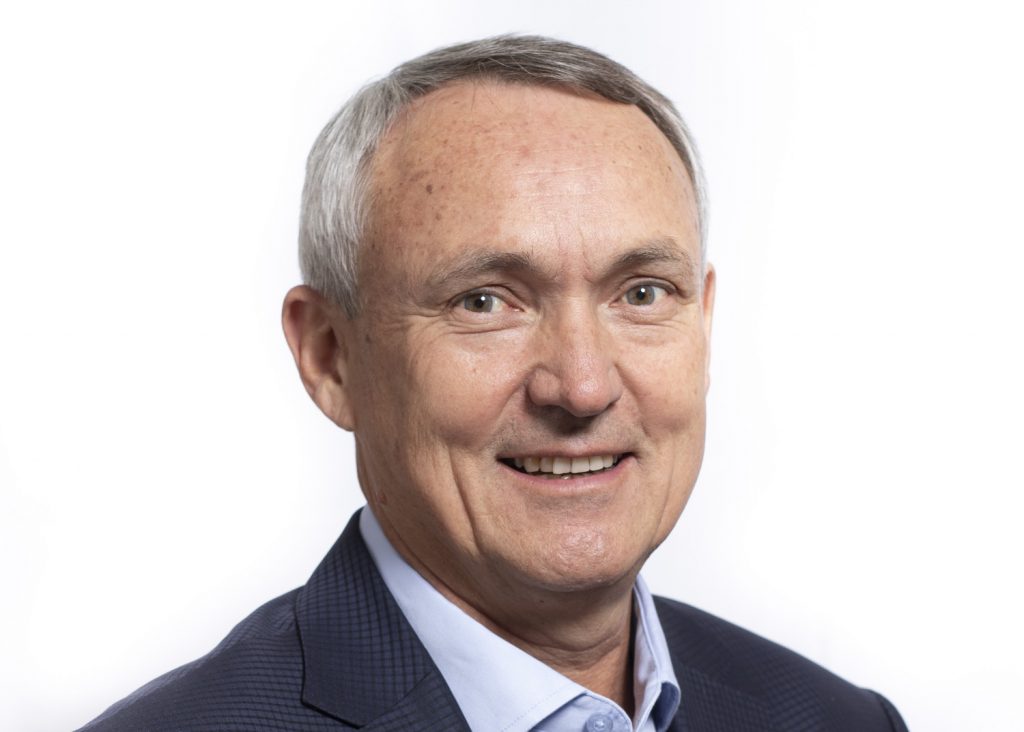 Dr Jacobus Swanepoel, green economy inventer and entrepreneur
Dr Jacobus Swanepoel, green economy inventer and entrepreneur
In his career so far, Swanepoel has been the project sponsor and manager for more than 250 projects, transitioning mineral processing and green technologies through all the stages of innovation, from laboratory state to viable projects or businesses, through all technology-readiness phases.
In the last 10 years he decided to use the broad knowledge and contacts he had nurtured over the decades to incubate new businesses that can grow into large standalone entities, with most of them being in the new growth sectors, such as biofuels, green mobility, super magnets for electric vehicles, rare earth mineral refiners, renewable energy and hydrogen.
“These companies have the potential to start new industries that can provide work for many people, develop a green economy, and export South African products to the rest of the world,” he explains. “They also beneficiate South Africa’s raw materials, and I will keep on driving them to success as far as possible.”
Swayana (Pty) Ltd, which Swanepoel views as a highlight of his career, is a biofuels business that he incubated, with its first project’s intent to produce 50 000 tonnes of bio-ethanol per annum. However, it has the potential to generate about 400 000 tonnes of bioethanol yearly from about 10 different sites in South Africa. If this is used as a blend in petrol, it will provide about 5% of the country’s petrol requirements. It has investment potential of more than R25-billion, with an annual turnover of more than R4-billion, creating 1 500 construction jobs initially over a 10-year period, and then up to 4 000 permanent jobs for the next 25 years.
“Rare Earth Refiners (Pty) Ltd is a catalyst that can open up the beneficiation of South Africa’s rare earth mining and beneficiation industry,” he says. “It can also stimulate the local production of electric vehicles. As one of my goals, I would like to see this business being developed into the next phase —namely, full commercial production — now that the demonstration phase has been concluded.”
“The hydrogen economy is one of the biggest growing industries, and Thermtron Scientific and TSG Africa (Pty) Ltd can play a huge role in opening up this growth sector,” he says. “We want to help South Africa to become a world leader in green hydrogen and hydrogen products.”
Swanepoel expresses enormous hope for South Africa’s future, saying: “I believe we have very good creative and skilled people in this country and there are many opportunities in the technical fields that can be implemented, if we can develop a culture of innovation.”
“I believe we need training programmes in innovation and business development at university level, together with the technical expertise. This will give the young entrepreneurs the skill to join companies such as Thermtron Scientific and then with time, they can transition to owning their own companies, innovating new technology, and creating jobs.” “This is only the beginning — there is so much more to come!” he promises. — Kerry Haggard
——————————————————————————————————————————————————————————————
NSTF-South32 2022 Green Economy Award
Changing the human relationship with the environment
In the 1990s, professor Guy Midgley, then an assistant agricultural researcher with the Botanical Research Institute (BRI), began to study emerging work on how a secure human environment depended on a secure natural environment, and that climate change could become a major, poorly understood threat to this security. He argued that research into change risks to biodiversity was much needed, precipitating work in the BRI to predict how species, biodiversity and ecosystems might respond to climate change. Three decades later, Midgley is Head of the Global Change Biology Group and Interim Director of the School for Climate Studies at Stellenbosch University.
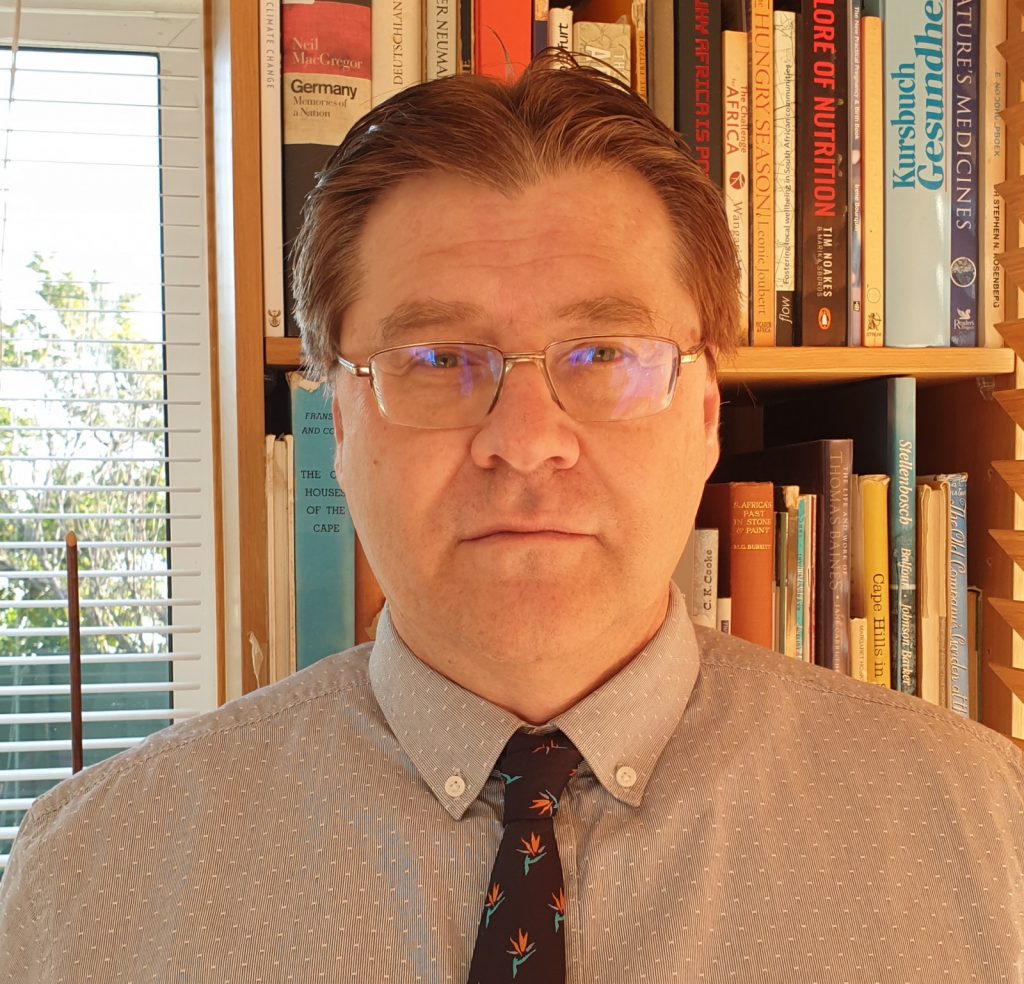 Professor Guy Midgley, Head of the Global Change Biology Group and Interim Director of the School for Climate Studies at Stellenbosch University
Professor Guy Midgley, Head of the Global Change Biology Group and Interim Director of the School for Climate Studies at Stellenbosch University
The work of the Global Change Biology Group, which focuses on species-rich systems of Southern Africa, has had global impact. Its contributions to risk assessment and the development of conservation responses that make sense for species, ecosystems and human livelihoods, added urgency to the adoption of global mitigation targets. This was after evidence was presented to the South African Cabinet, the United Nations (UN) Framework Convention on Climate Change and the UN Convention on Biological Diversity. The theoretical foundation of Midgley’s work is niche theory, quantified using correlative modelling and dynamic global vegetation modelling based on resource capture and investment by plants. It’s rooted in fundamental theories of plant productivity, growth, and competition, and disturbance by wildfire.
For Midgley, communicating their work understandably is important. “We’re trying to translate climate change and the human relationship with the environment (and with the species that make up that environment) in a way that stays inside people’s lived experience, their connection with nature,” he says.
For this self-described optimist, it’s important to communicate the natural world’s resilience. “I have no real concerns about the survival of our planet and biosphere. Humans cannot cause the extinction of life on this planet. The planet has been hit by asteroids more than once and I do not think we can destroy life. But we can certainly damage the ecosystem services that we benefit from, in ways that could adversely affect our barely understood modern society. The extractive nature of those few that currently hold the reins of how this planet is being ridden has put us in a position of grave danger. Not to our planet as a whole, but to our own society and many species that we value,” he says.
Midgley believes we have come a long way over the last 30 years and points to the work done by the UN through its Framework Convention on Climate Change, Convention on Biodiversity and Ecosystems and other multilateral agreements. “These have completely changed the story of the future development of the planet. Aspirations are massively changed and they are starting to roll out in reality,” he says. — Elaine Williams
——————————————————————————————————————————————————————————————
NSTF-Water Research Commission Award
Professor Evans Chirwa is best known for introducing South Africa to the use of biological analogues for advanced water treatment and water recovery, to the use of synthesised materials to mimic processes such as biological reduction and detoxification of metals, microbial fuel cells and heterogeneous photocatalysis for water treatment.
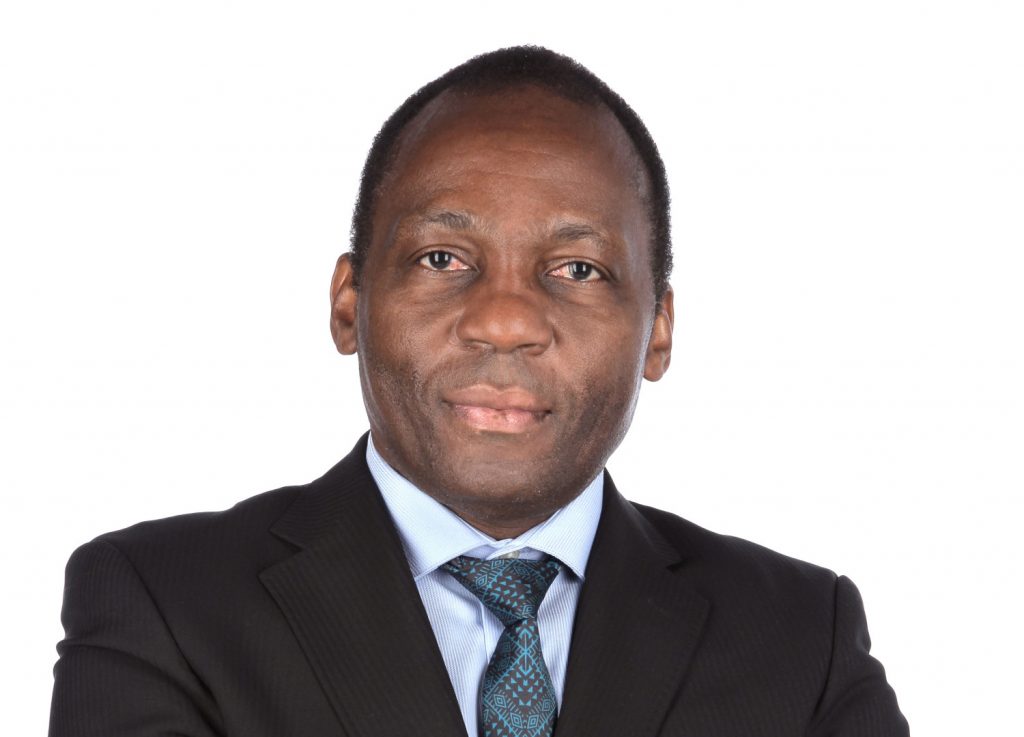 Professor Evans Chirwa, Rand Water Chair in Water Utilisation Engineering at the University of Pretoria
Professor Evans Chirwa, Rand Water Chair in Water Utilisation Engineering at the University of Pretoria
Chirwa’s latest work uses photocatalytic nanomaterials to treat organic pollutants. The project originated as part of a proposed solution for water treatment plants to treat backwash water for recirculation. It was part of an initiative started by Chirwa as Rand Water Chair in Water Utilisation Engineering at the University of Pretoria.
The materials and processes developed by Chirwa and his team make it easier to reclaim and resupply scarce water resources. Various products are already proving their commercial worth with their ability to degrade organic water pollutants. More are being developed and tested with the aim of saving water at treatment plants, among other uses. For example, data from Sedibeng Water in the Free State revealed that more than R30-million in potential revenue is lost to waste in sedimentation sludge dams during three algal bloom months every year. Algae is difficult to remove from water and produces organic metabolites with complex molecular structures, also hard to treat. “Treatment and recovery of this water could capture this revenue and help to address water scarcity in South Africa,” says Chirwa.
The range of potential applications of Chirwa’s work includes using sewage plants as energy generation units, converting waste to energy in mining effluent, and converting degradation processes in landfills to electrical energy. His pioneering work in the field of nanoparticle photosynthesis has found use in other cutting-edge research too, such as H2O-splitting hydrogen production for the clean-energy hydrogen economy. It is also proven to be effective in treating water containing agricultural herbicides and antibiotic pharmaceuticals. Applications in forward osmosis (FO) membrane technology are promising too, where clean water is drawn from saline water using electrolytic polymers as Draw Solutions (DS). This energy-saving separation process mimics the osmotic processes that occur naturally in plants. Demonstration units for application of proton selective membranes and co-deposition of palladium (Pd) nanoparticles are under evaluation for energy generation from wastewater using microbial fuel cells.
“There is no doubt that the novel nanomaterial products developed in our studies will play a major role in shaping the direction of water use and water reuse in South Africa. Apart from this demonstrated potential, the project has already had a resounding impact in training for the water sector in South Africa and the sub-Saharan region of Africa,” Chirwa says. Midgley believes we have come a long way over the last 30 years and points to the work done by the UN through its Framework Convention on Climate Change, Convention on Biodiversity and Ecosystems and other multilateral agreements. “These have completely changed the story of the future development of the planet. Aspirations are massively changed and they are starting to roll out in reality,” he says. — Elaine Williams
——————————————————————————————————————————————————————————————
Data for Research Award Winner
The Data for Research Award for an outstanding contribution to science, engineering and technology (SET) is given to an individual or team that advanced the availability, management and re-use of research data. At the 2022 NSTF-South32 Awards, the Network for Genomics Surveillance in South Africa (NGS-SA) was awarded for bringing together virologists, scientists, bioinformaticians and clinicians in an engagement that resulted in one of the most successful genomic surveillance networks globally. The Network detected two SARS-CoV-2 variants of concern.
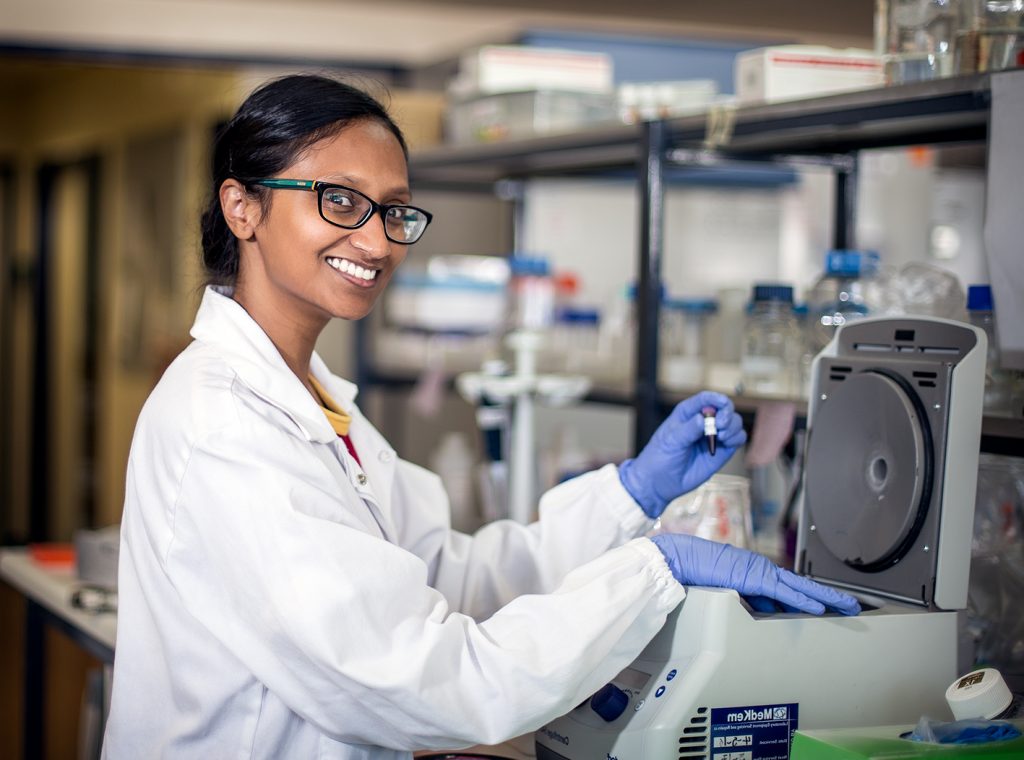 Dr Jinal Bhiman, Network for Genomics Surveillance in South Africa
Dr Jinal Bhiman, Network for Genomics Surveillance in South Africa
Dr Jinal Bhiman, one of the eight co-founders of NGS-SA, explains: “A lot of people were involved in this consortium and contributed to the data that was generated. We’ve been looking at how SARS-CoV-2 has been evolving over the course of the last few years. We started at the National Institute for Communicable Diseases (NICD) as this was the sole testing lab for the country, and this is where we sequenced the first cases we received.”
Soon after that, the team connected with other laboratories and universities in South Africa alongside clinicians and virologists to create an active team. Initially the testing generated very similar sequences which was, as Bhiman pointed out, pretty boring, but then things got interesting in December 2020.
“This was when we first detected the Beta variant and it had a concentration of mutations within one part — the spike — of the SARS-CoV-2 genome. This is also the part of the virus that antibodies target so we thought either the virus will enter our cells more easily or it’s escaping immune responses,” she explains. “Then we were able to show that a large number of these mutations were escaping the immune response. As a result, many people were interested in continuing genomic surveillance, not just in South Africa but globally.”
The team also works closely with the Africa Pathogen Genomics Initiative (Africa PGI) that has extensive infrastructure and human resources dedicated to the work. NGS-SA kept sequencing and looking for anything odd or unusual and then picked up the Omicron variant which made Beta, says Bhiman, look timid by comparison.
“Omicron had between 30 and 50 mutations in the spike region and we were worried as this was a huge collection of mutations, but thankfully because of wide-scale vaccination programmes globally and because many people were previously infected, the background immunity was in place so that people handled this variant relatively well.”
The NGS-SA is an impressive network that not only came together at speed but is one of the most successful genomic surveillance networks in the world. In addition to discovering two variants of concern, the team has established sequencing pipelines at five laboratories, increased infrastructure and developed strong communication with the government to relay insights in real-time.
— Tamsin Oxford
——————————————————————————————————————————————————————————————
NSTF-South32 Awards Communication Award Winner
Transformative communication and collaboration
Dr Nnditshedzeni Eric Maluta, co-ordinator for the Vuwani Science Resource Centre and member of the Council of the South Africa Institute of Physics (SAIP) and International Union of Pure and Applied Physics (IUPAP), Commission 14: International Commission on Physics Education, won the Communication Award for an exceptional contribution to the sharing and promotion of STEM. This award recognises those who have made STEM accessible through innovative and remarkable programmes and approaches.
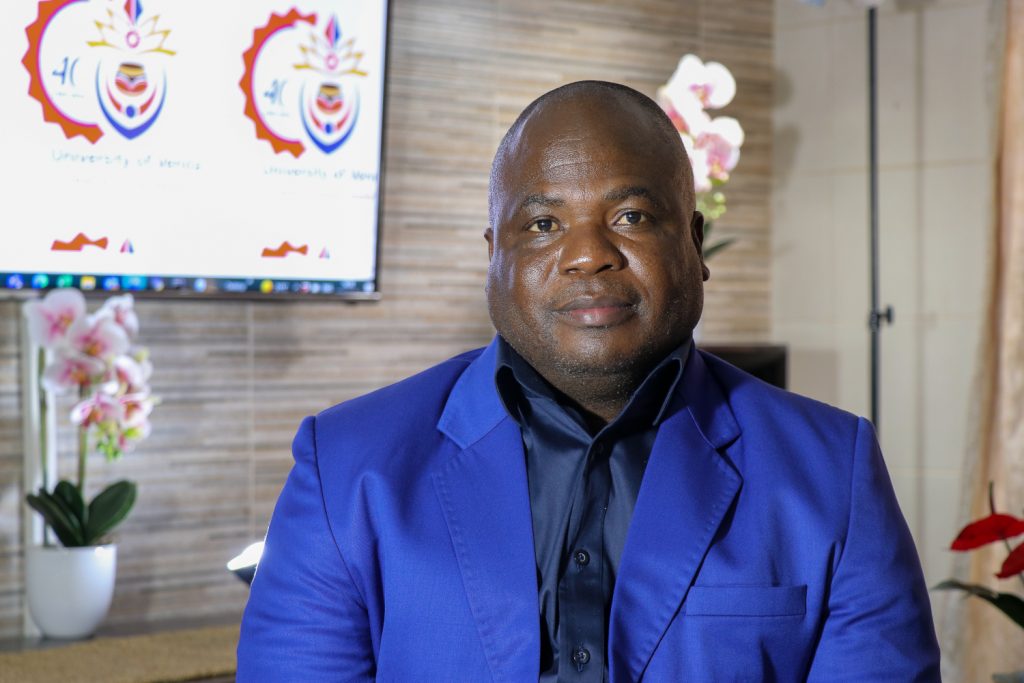 Dr Nnditshezeni Eric Maluta, Vuwani Science Resource Centre
Dr Nnditshezeni Eric Maluta, Vuwani Science Resource Centre
The Vuwani Science Resource Centre located in the Vhembe District, Limpopo, is a platform for providing education outreach to rural learners. The goal of the programme is to stimulate interest and understanding in maths and science among learners. The centre also provides people with access to basic computer literacy, providing training for three months and assisting them in getting employment.
“We want our learners to get excited about STEM and to continue engaging with these subjects throughout their education, all the way through to university,” says Maluta. “To achieve this goal, we go to different schools and do hands-on experiments that show students the magic of science, and how they can take this subject into an exciting career. We also focus on girls in science, with groups of young women using dedicated female academics who inspire them and talk them through the challenges that women face in science, especially postgraduate, and how they can overcome them.”
In addition to in-person, hands-on engagements, the centre aims to help learners from rural communities to bridge the gaps and problems inherent in schooling systems that often result in high failure rates for first-year students. It also focuses on building awareness around renewable energy as well as indigenous knowledge with the Limpopo Province Indigenous Knowledge System Documentation Centre (IKDSC), which gathers invaluable information around plants for medicinal and other uses.
“We excel in renewable energy and weather parameters for climate change and showing the public how to use solar cells, and explaining the benefits of this form of energy,” says Maluta. “We have a carbon monitoring tower that measures solar radiation and carbon over specific parameters and we show people how this impacts them and the wildlife in their area.”
The centre has had significant success with many students going on to complete PhDs in different fields of STEM, some getting their medical degrees, and some becoming engineers. It has made the team feel that they are having a measurable and genuine impact on the community.
“We realised this year that many people who are now educators went through the centre and are now making a difference themselves, even knowing the challenges that we face,” says Maluta. “This is a huge achievement for us, because it shows that we are making a real difference.” — Tamsin Oxford
——————————————————————————————————————————————————————————————
The NSTF Brilliants Programme
The Brilliants Programme is a project of the National Science and Technology Forum (NSTF). It recognises at least 18 first-year students who achieved 90 percent or more in Grade 12 science and mathematics, and are studying in the science, medicine and engineering fields.
A young man and woman are chosen from each of the nine provinces based on their marks in physical science and mathematics in the 2021 National Senior Certificate Examinations (Grade 12). South32 is sponsoring this unique programme this year together with the Department of Science and Innovation (DSI) and the South African Council for Natural Scientific Professions (SACNASP).
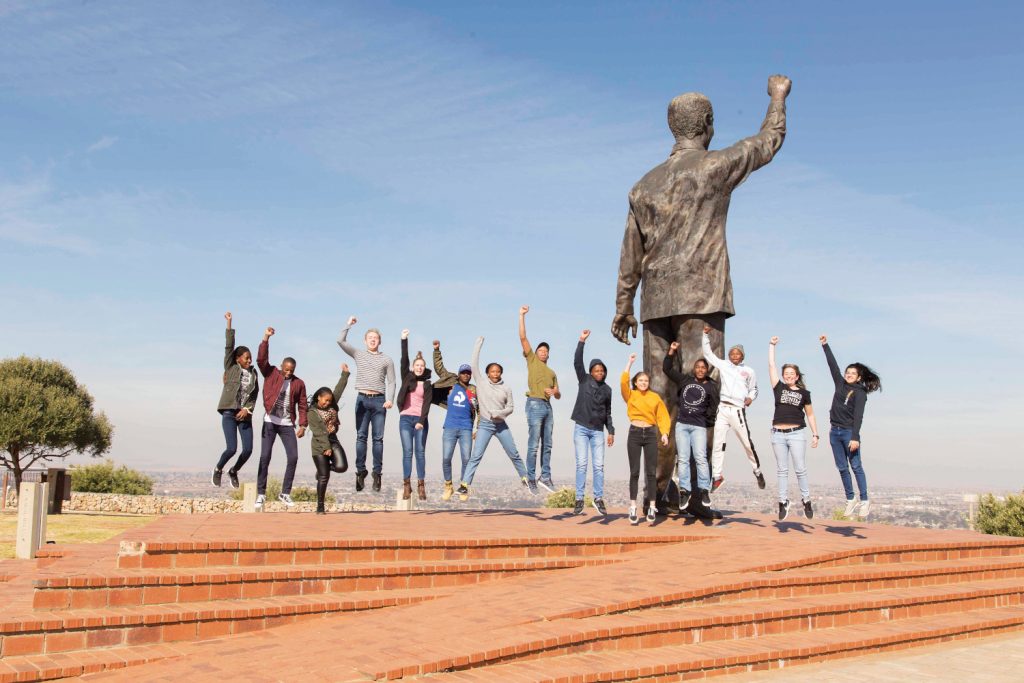
The aims of the Brilliants Programme
Recognise and honour outstanding performers in matric physical science and mathematics who chose to follow a course in science, engineering, medicine or related studies.
Inspire and motivate these top performers by:
Encouraging them to complete their studies and to pursue careers related to science, engineering and technology (SET) fields
Exposing them to the Awards, which recognise top scientists, to inspire them to reach for the top
Assisting with bursary funding where necessary and possible, sponsored by the DSI.
Activities of the Brilliants Programme
Reward top performers with sponsored travel to the Awards Gala Dinners, hotel accommodation, certificates and recognition during the Awards Gala Dinner in the presence of NSTF-South32 Awards finalists, SET professionals, VIPs and senior government officials. The recognition includes publicity for the students, as well as their schools and provinces
Inspire these talented young people with exposure to SET-related industries and careers in the field, through an educational tour
Conduct a motivational speakers programme, to provide advice, encouragement and interaction with experts and role models
The reason for the Brilliants Programme: Top results in Grade 12 do not guarantee success. Many school leavers and even graduates struggle to find appropriate work and direction in their lives. This is a concern for the SET-related industries, professionals and for the NSTF. By honouring the Brilliants top performers, they feel more encouraged, motivated and inspired to pursue their goals and realise their dreams. They also have a clearer understanding of the many interesting and fulfilling positions and possibilities that the national system of innovation (which includes scientific research, engineering and industry) has to offer.
How the Brilliants awardees are selected: The NSTF requests the lists of top performers in physical science and mathematics (in the Grade 12 exams) from the Department of Basic Education for all provinces. At least two students from each province are selected, based on their performance (of 90% and above for the average of both subjects), as well as their chosen field of study. Thus, the students of the Brilliants Programme consist of top first year students with a passion for SET, registered at South African universities for science-related qualifications, including the natural sciences, medicine, engineering and mathematics.
Tour to a SET-related facility: The Brilliants students are treated to an educational tour every year. This year the focus is on nature conservation and biodiversity, and the tour is sponsored by The Lewis Foundation. Since the tour was not possible the past two years because of the COVID-19 pandemic, all three groups from 2020 to 2022 will be joining this tour, including the 2021 BEST students (Biological and Environmental Science Top students). Visits are to the Maropeng and Sterkfontein Caves, Kloofendal Nature Reserve, Walter Sisulu Botanical Gardens and the Bothongo Rhino & Lion Nature Reserve.
——————————————————————————————————————————————————————————————
Outstanding science and mathematics matriculants from 2021, who are studying at South African universities
Eastern Cape
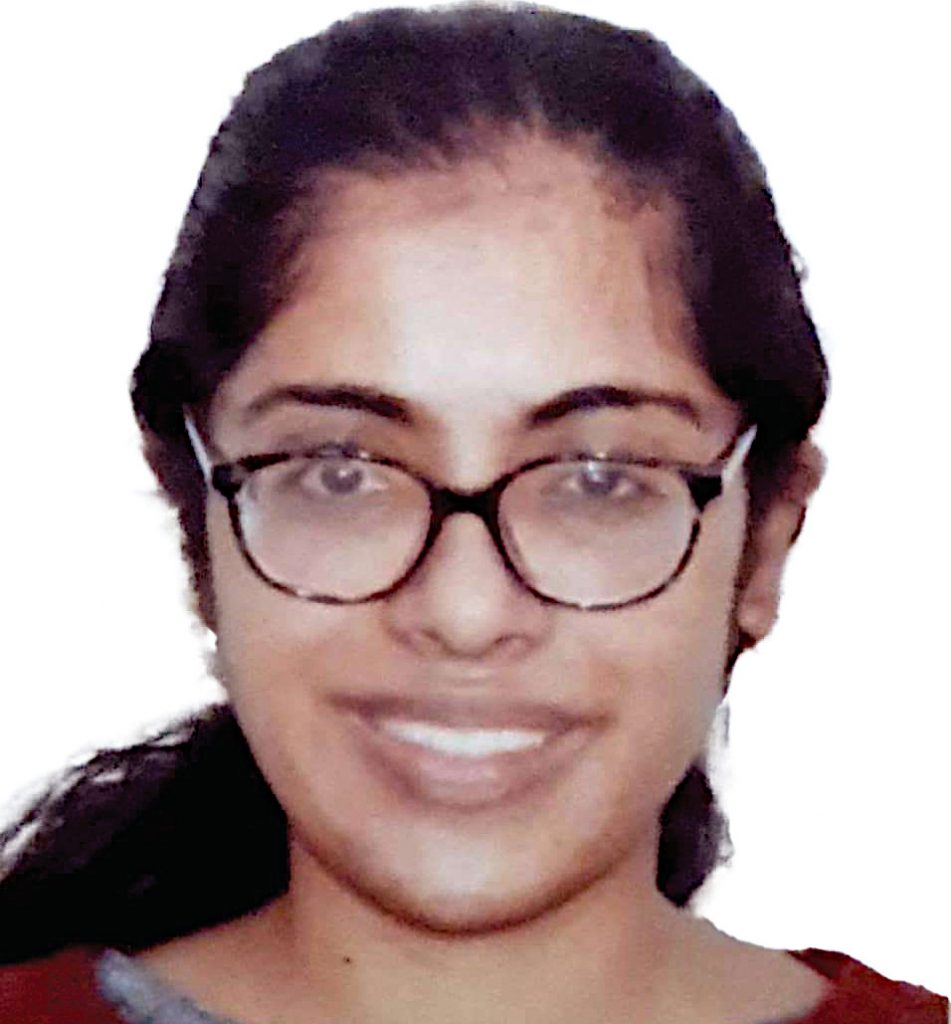
Ms Aiswarya Sarah Mathew
Queenstown Girls High School
MBChB (Medicine)
University of Cape Town (UCT)
Bursary: Eastern Cape Office of the Premier, Bursary: Queenstown Girls’ High School and Standard Bank
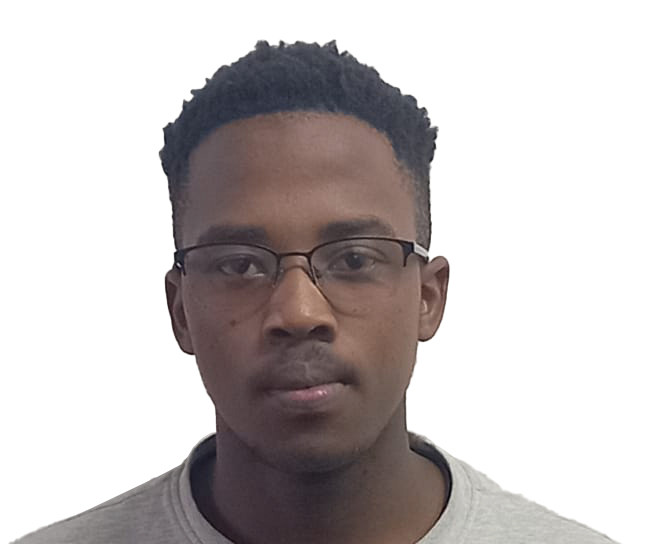
Mr Lunathi Qumba
Mpondombini Senior Secondary School
MBChB (Medicine)
University of the Witwatersrand (Wits)
Bursary: Matthew Goniwe Top Achievers Merit Bursary

Ms Chané Nel
C&N Sekondêre Meisieskool Oranje
MBChB (Medicine)
Stellenbosch University (SU)
Bursary: Free State Provincial Government
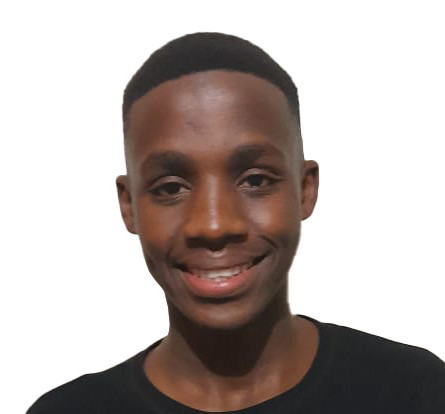
Mr Tlotliso Mofokeng
Mookodi Senior Secondary
BEng (Mechanical Engineering)
UCT
Bursary: Entsika
Gauteng

Ms Emilia Janse van Rensburg
Afrikaanse Hoër Meisieskool Pretoria
MBChB (Medicine)
Wits
Bursary: Wits Vice-Chancellor’s Scholarship
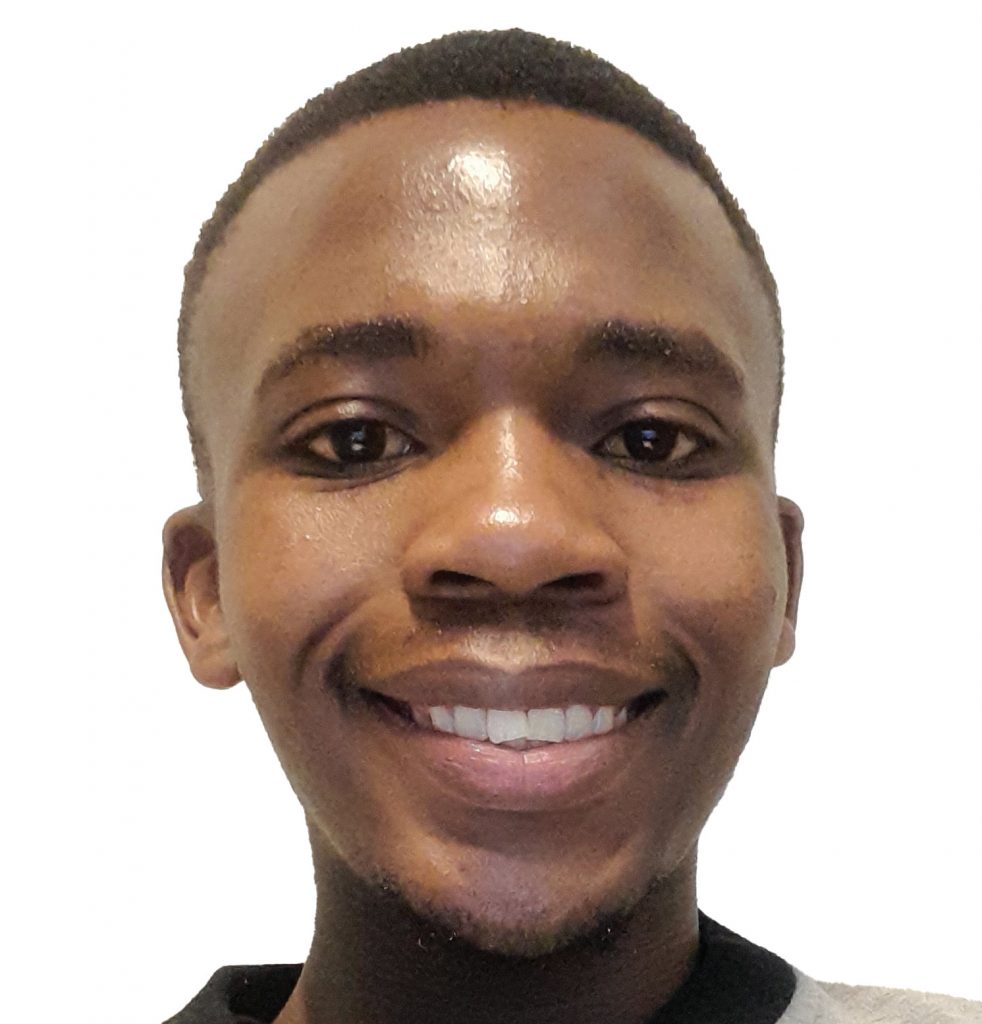
Mr Neo Gift Dau
Moditela Secondary School
BEng (Mechatronics Engineering)
SU
Bursary: Multichoice Bursary Programme
KwaZulu-Natal
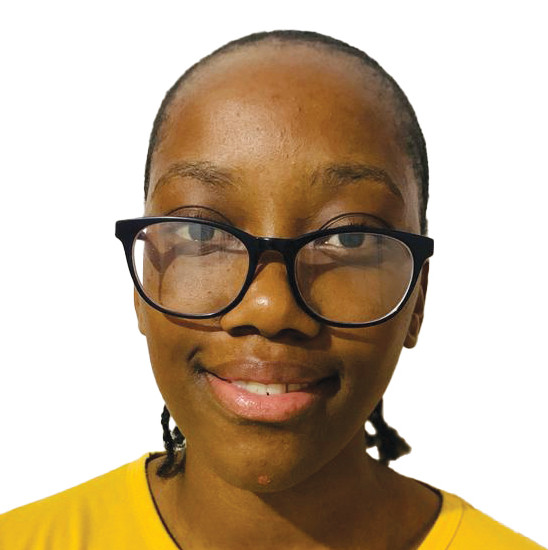
Ms Anele Onke Mnguni
Sibusisiwe Comprehensive Technical School
MBChB (Medicine)
University of KwaZulu-Natal (UKZN)
Bursary: Moshal Scholarship and Frene Ginwala Scholarship
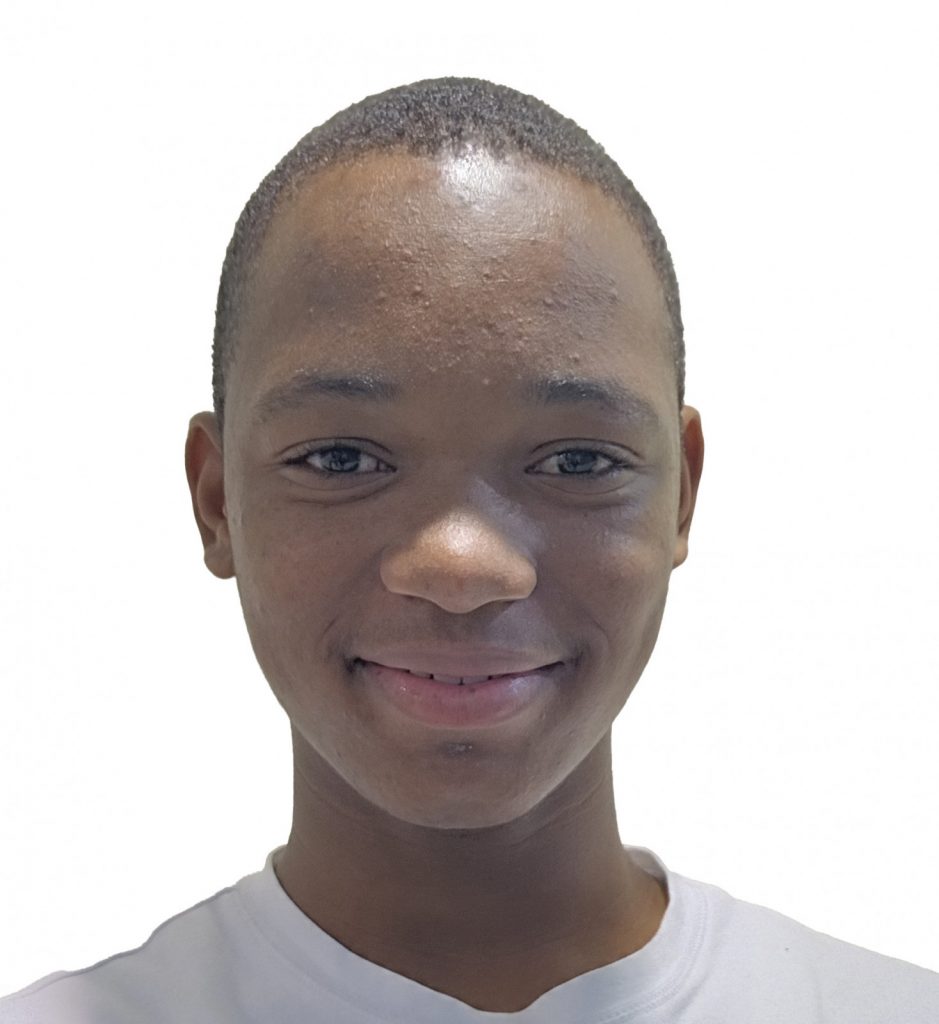
Mr Phila Lungani Mbuyisa
Nsalamanga High School
MBChB (Medicine)
UKZN
Bursary: UKZN Merit Award and Mbuyelo Bursary
Limpopo
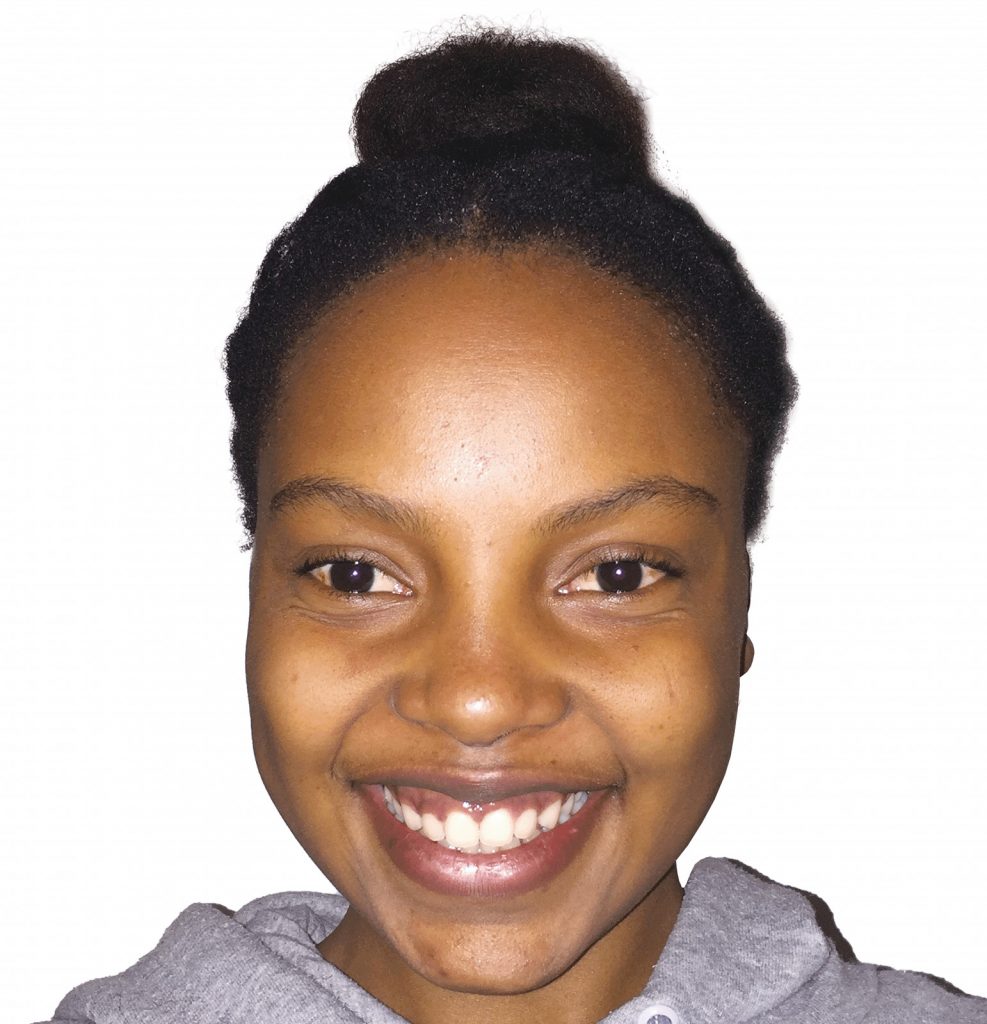
Ms Delicia Davhana
Thohoyandou Secondary School
BEng (Electrical and Computer Engineering)
UCT
Bursary: HP Scholarship, Study Trust and the UCT Vice-Chancellor’s Scholarship
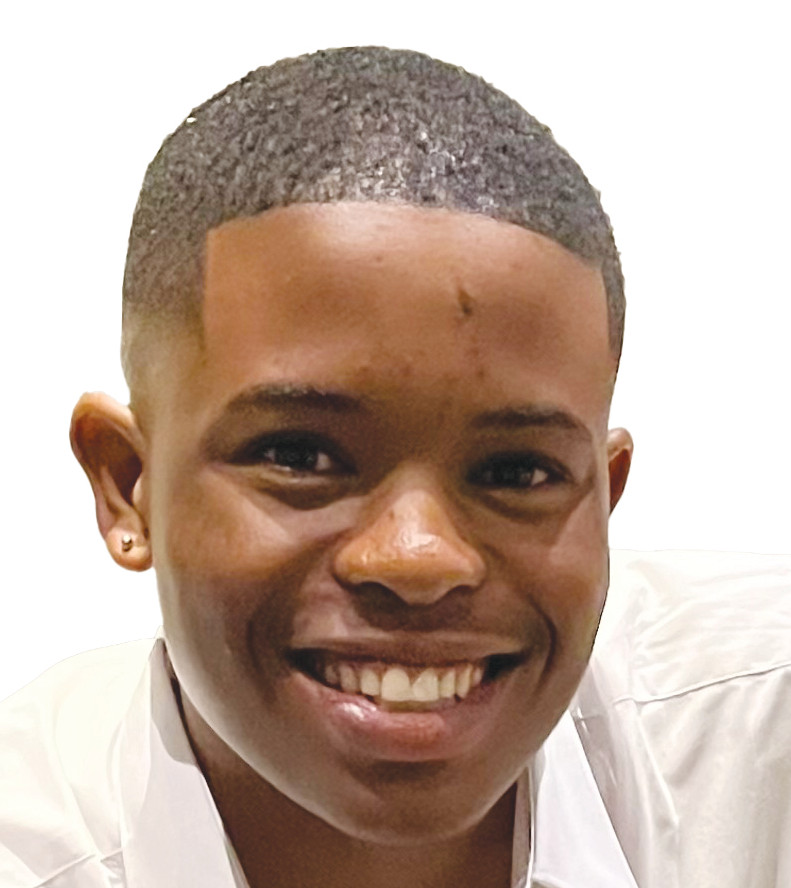
Mr Dichochi Ramotlou
Hoërskool Noorderland
BEng (Mechatronics Engineering)
UCT
Bursary: Allan Gray Orbis Foundation Scholarship
Mpumalanga

Ms Kgothatso Angela Gugu Mphaka
Kwamhlanga Secondary School
MBChB (Medicine)
UCT
Bursary: Mpumalanga Provincial Bursary

Mr Sifiso Hosana
Mafemani Nxumalo Secondary School
MBChB (Medicine)
UCT
Bursary: Mpumalanga Provincial Bursary, UCT Vice-Chancellor’s Scholarship and JO Brunt Entrance Award
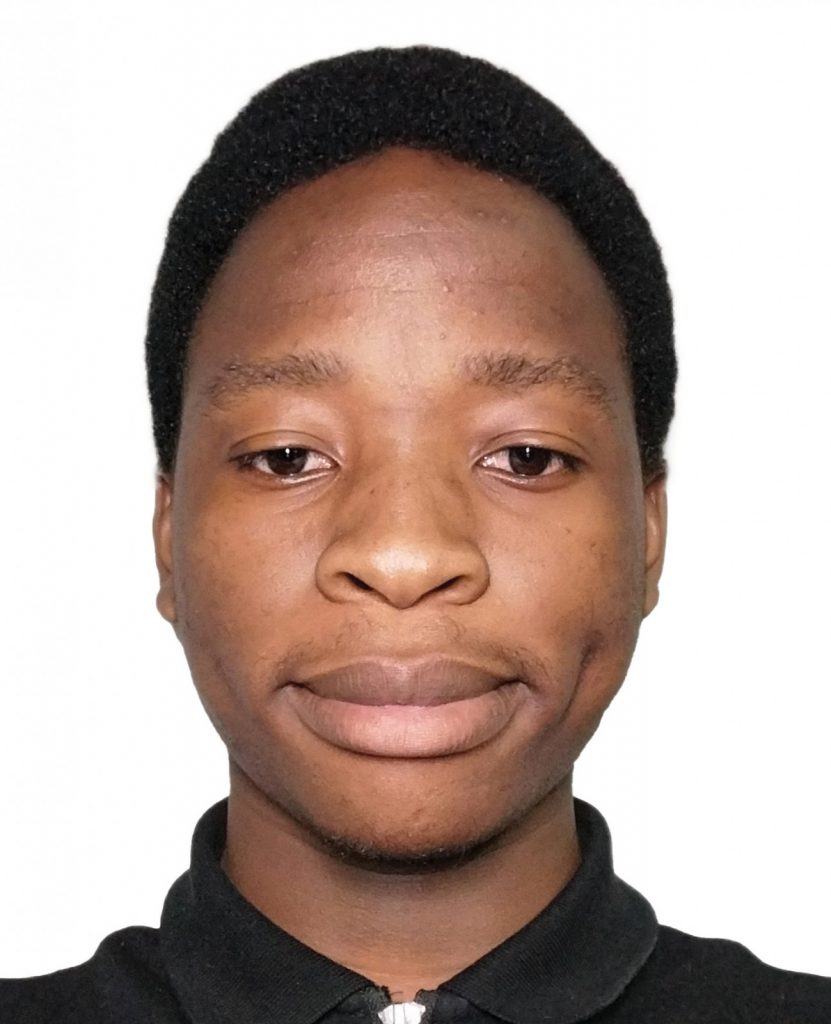
Mr Banele Lethukuthula Buthelezi
Methula Secondary School
BEng (Mechanical Engineering)
University of Pretoria (UP)
Bursary: Fly@UP Assist 1st Year Awards, VC Special PDG Award and Mpumalanga Department of Education
North West

Ms Melissa Janse van Rensburg
Rustenburg High School
MBChB (Medicine)
UP
Bursary: Fly@UP Assist 1st Year Award, Dux Learner Award, UP, and Solidariteit
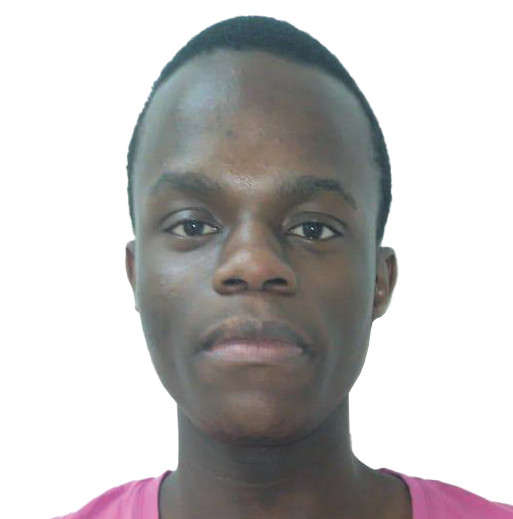
Mr Kamogelo Sam Timbane
HF Tlou High School
BEng (Mechanical Engineering)
Wits
Bursary: Royal Bafokeng Platinum
Northern Cape

Ms Khadija Hoosain
Kimberley Girls’ High School
BPharm (Pharmacy)
Wits
Bursary: Wits University Entrance Scholarship
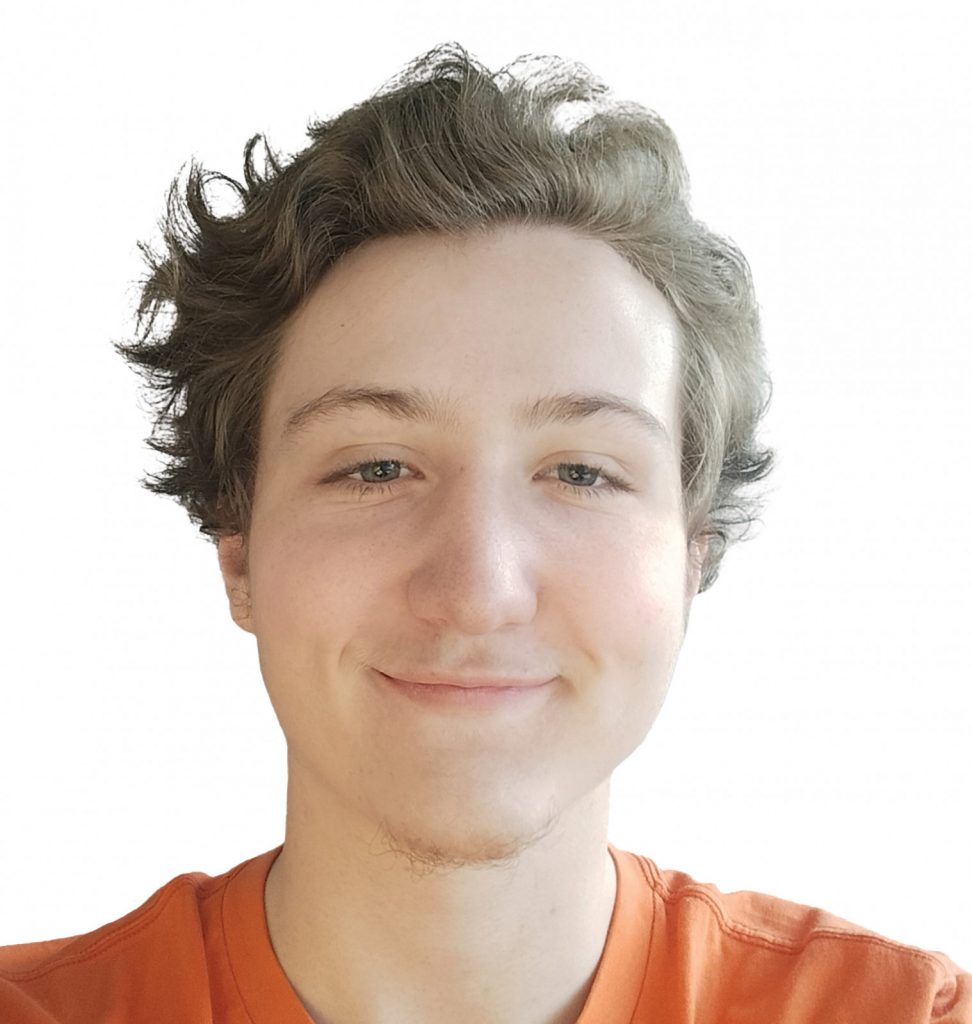
Mr Matthew Keith Holm
Kathu High School
BEng (Data Engineering)
SU
Bursary: Kumba Iron Ore Bursary, Career Wise
Western Cape

Ms Mia Jorgensen
Charlie Hofmeyr High School
BSc (Human Life Sciences)
SU
Bursary: Stellenbosch University First Year Merit Award
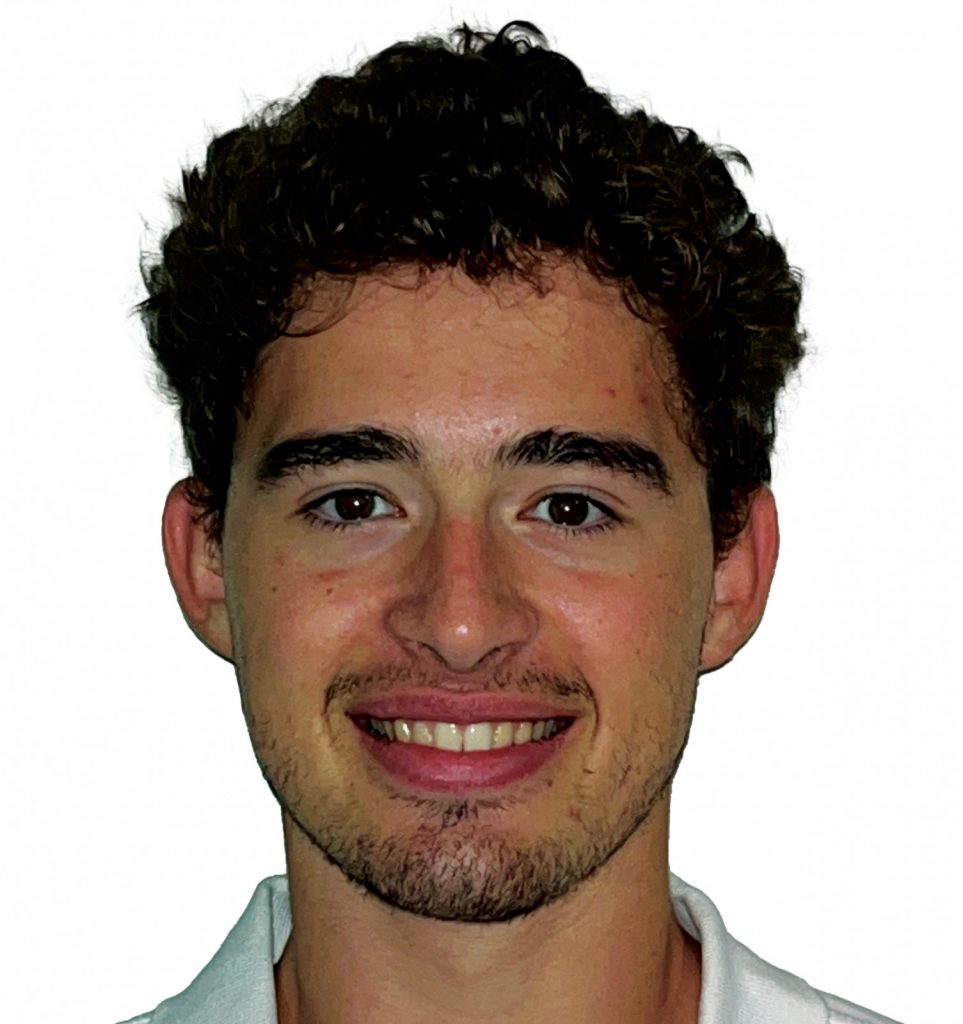
Mr Glasson William Osborne
Paul Roos Gimnasium
BEng (Electrical and Electronical Engineering)
SU
Bursary: Stellenbosch University Merit Award